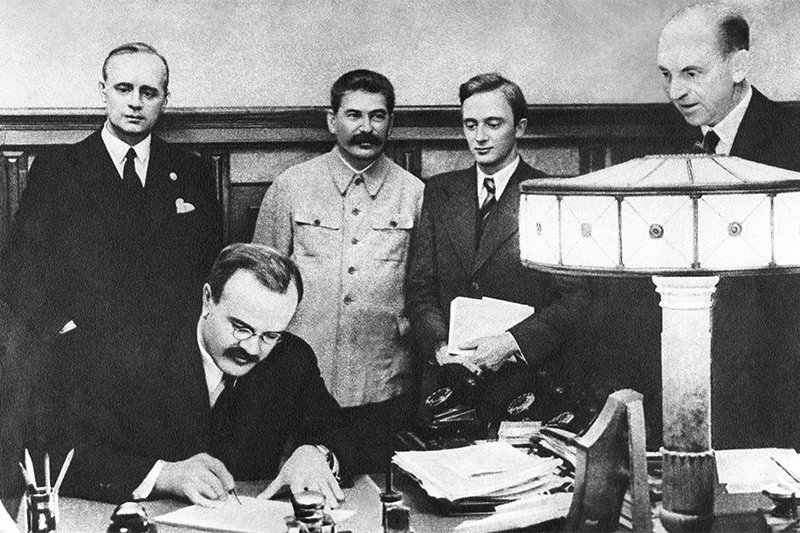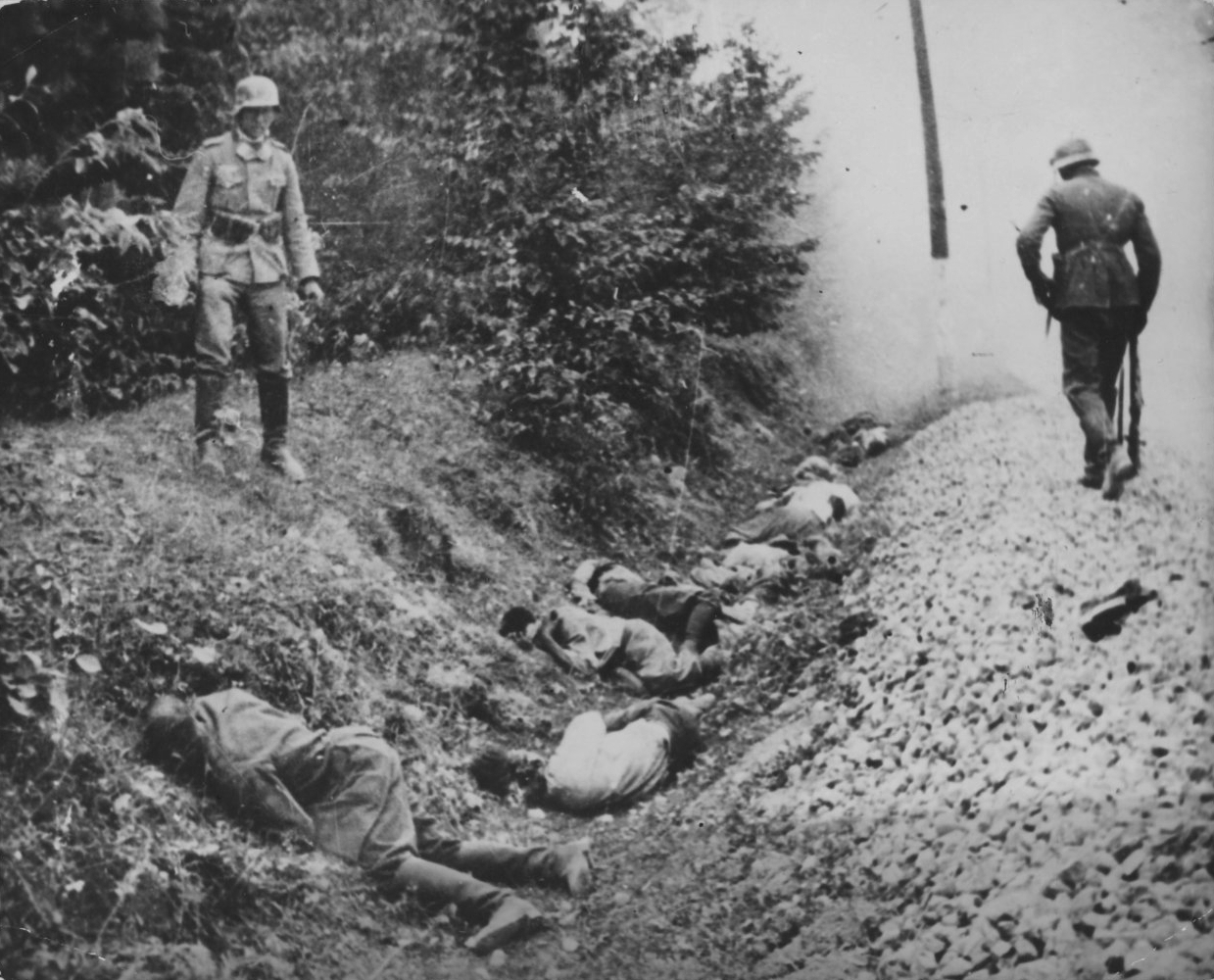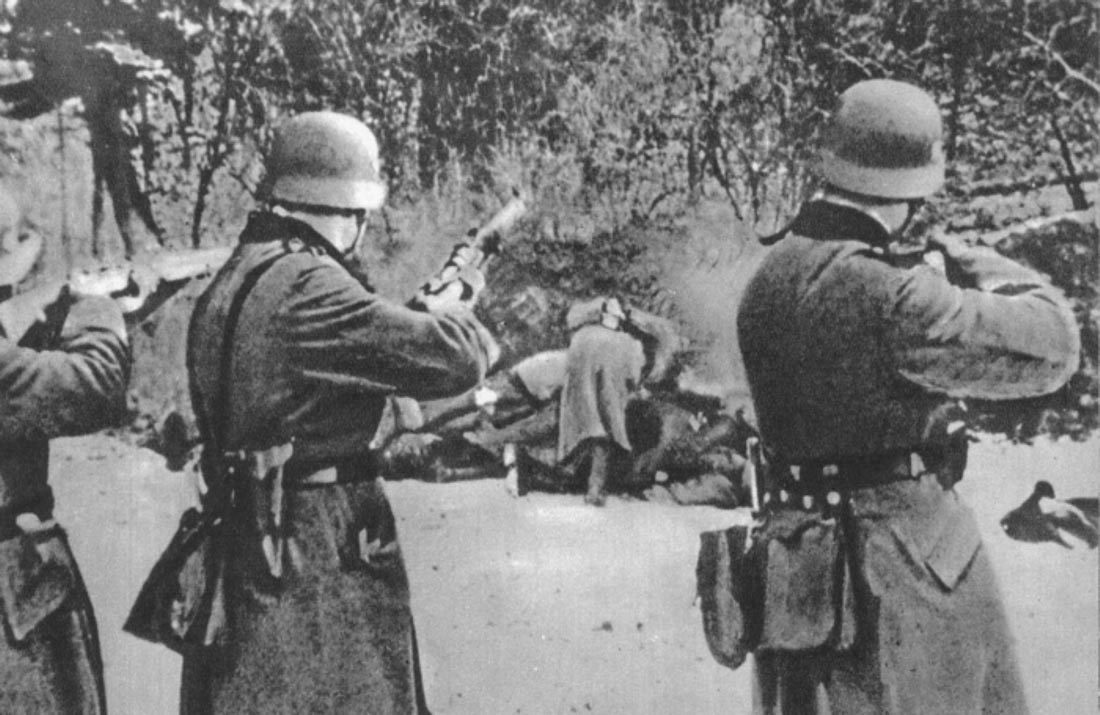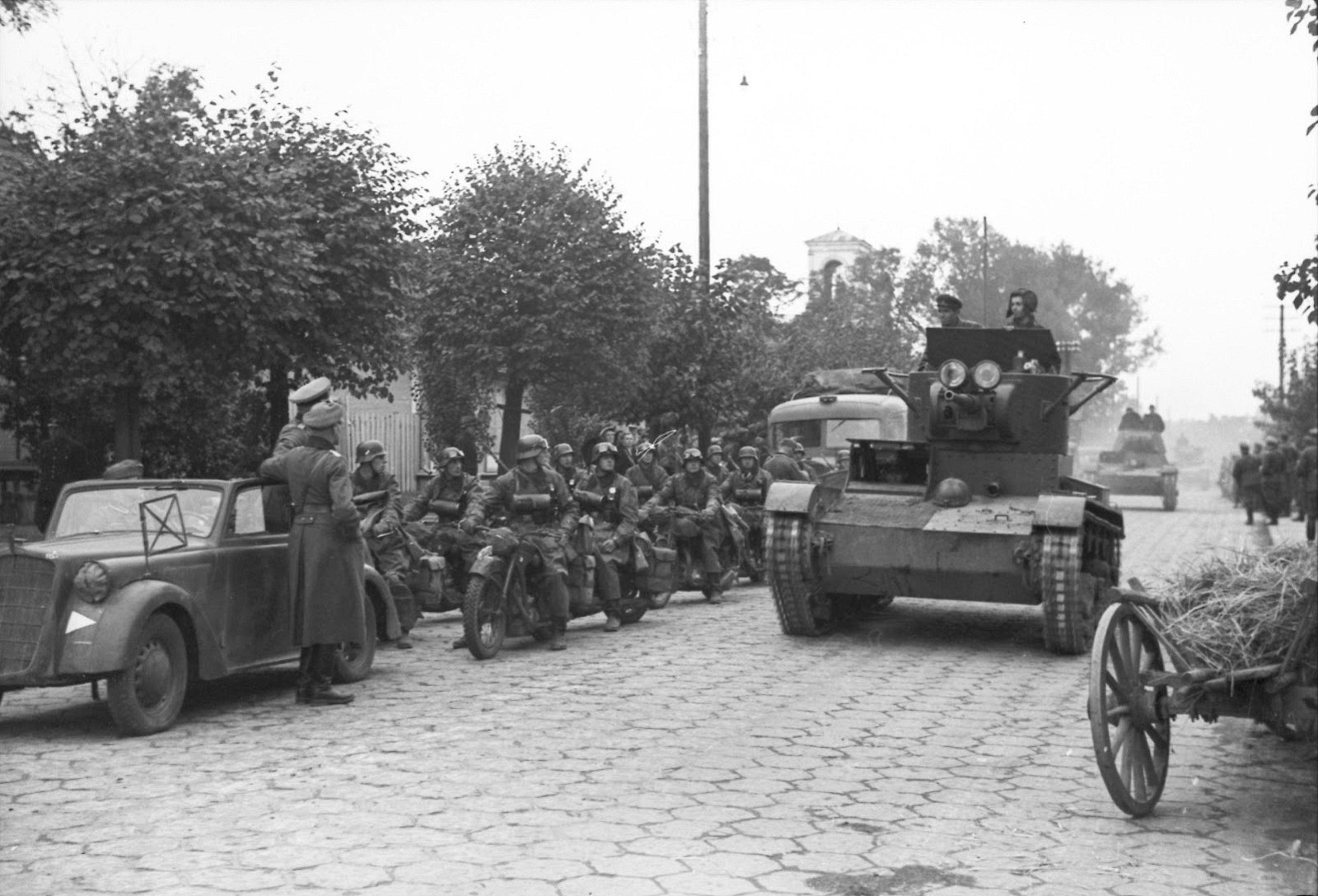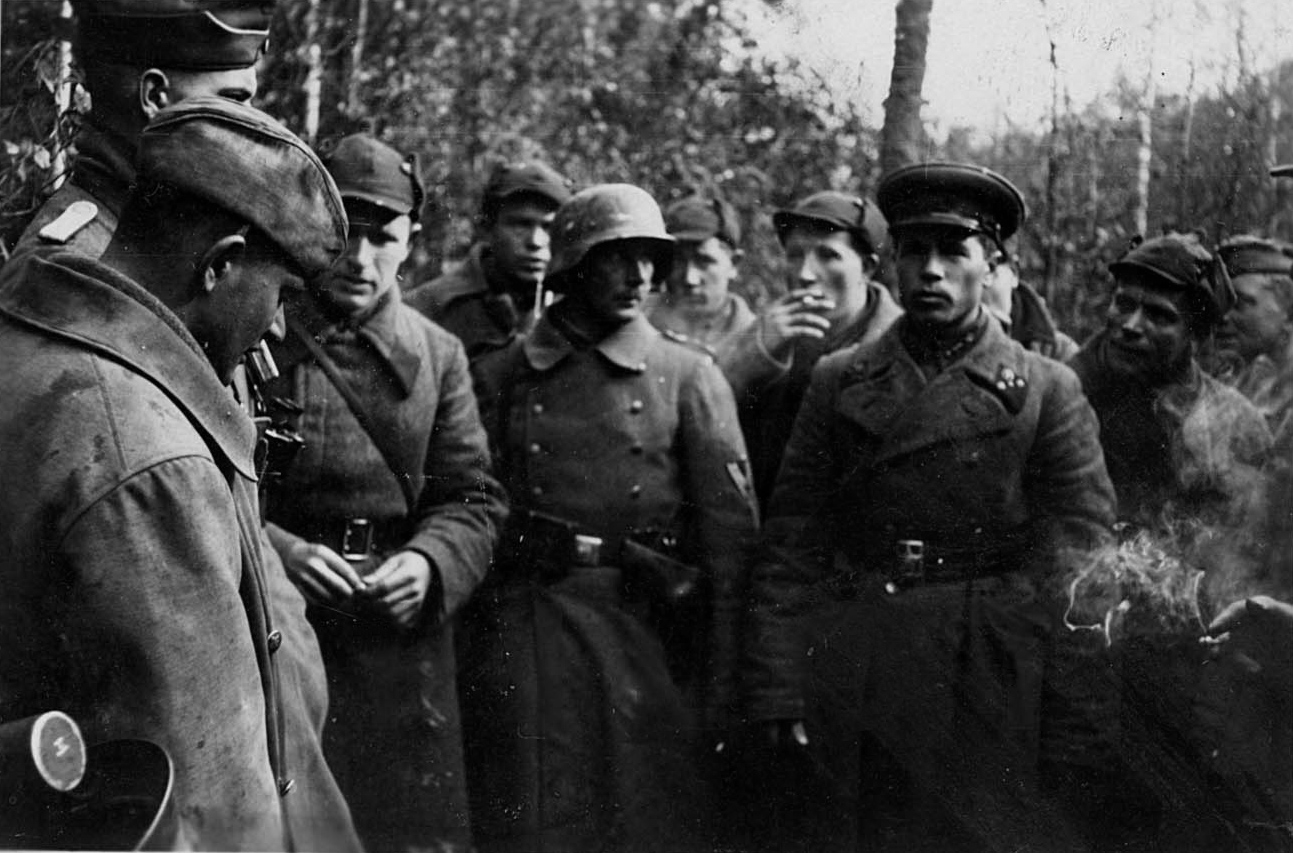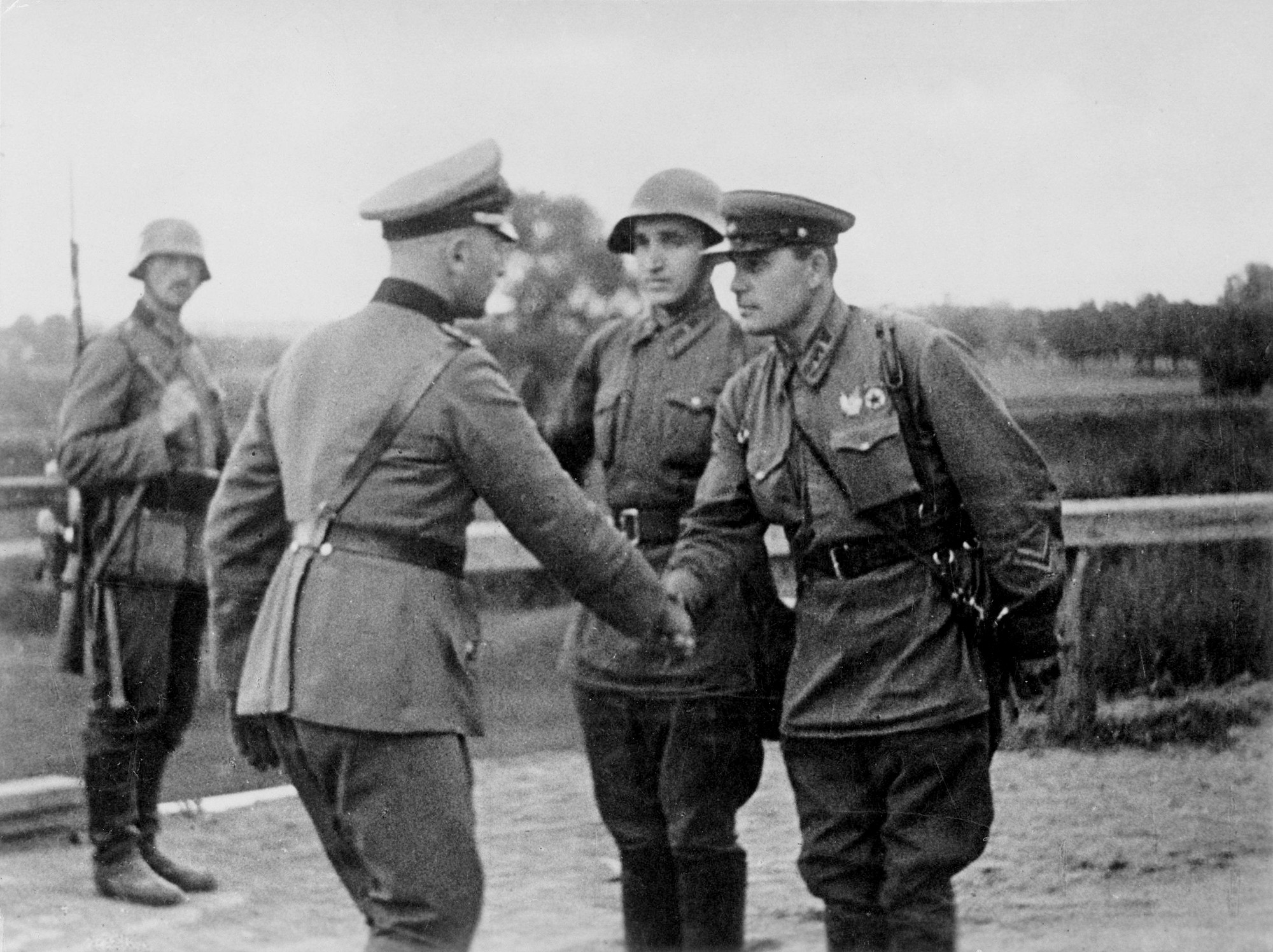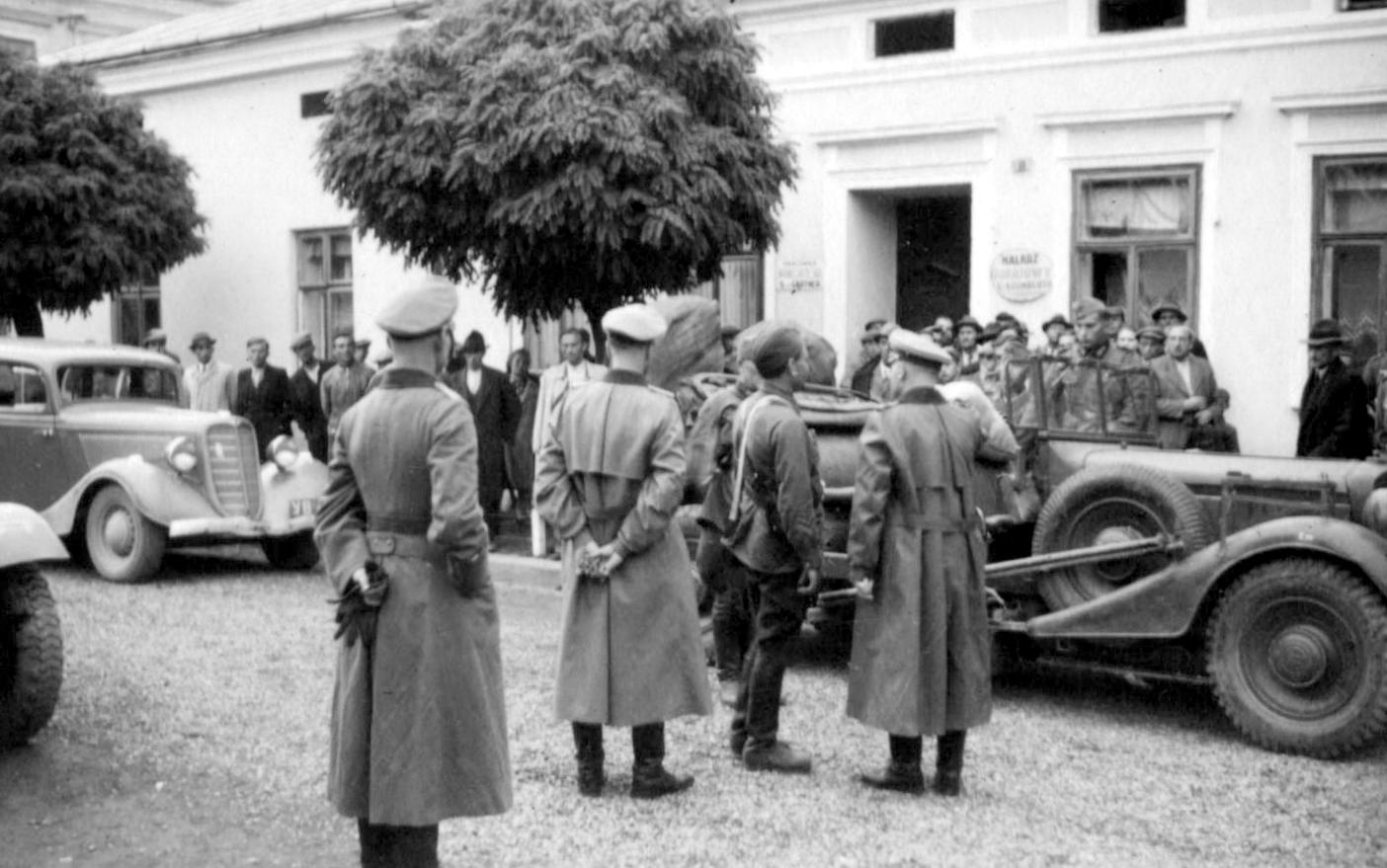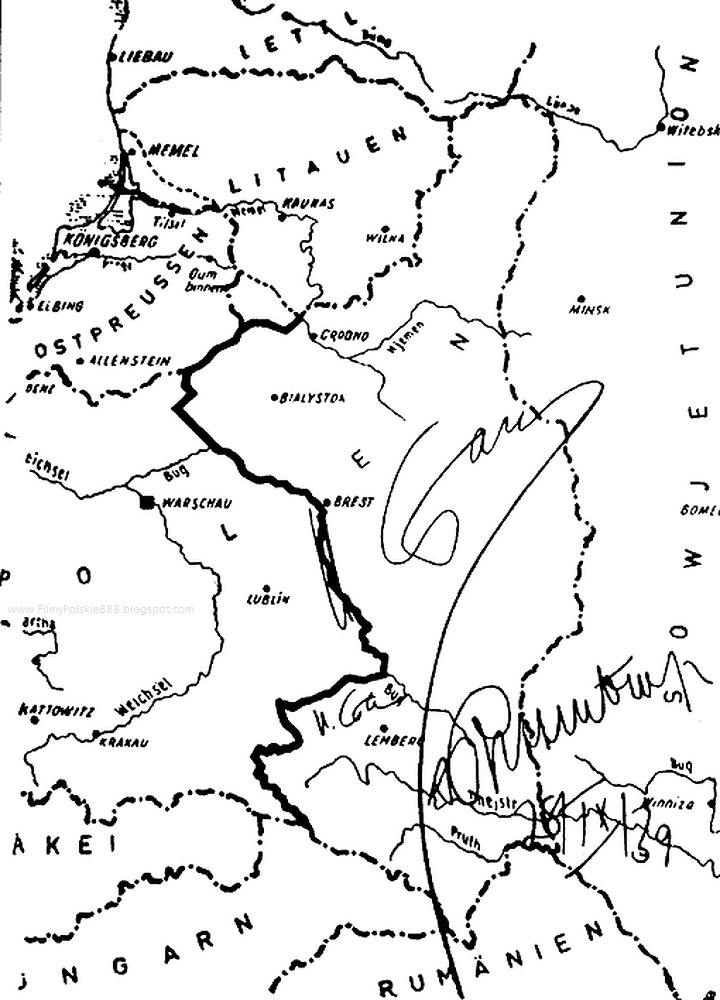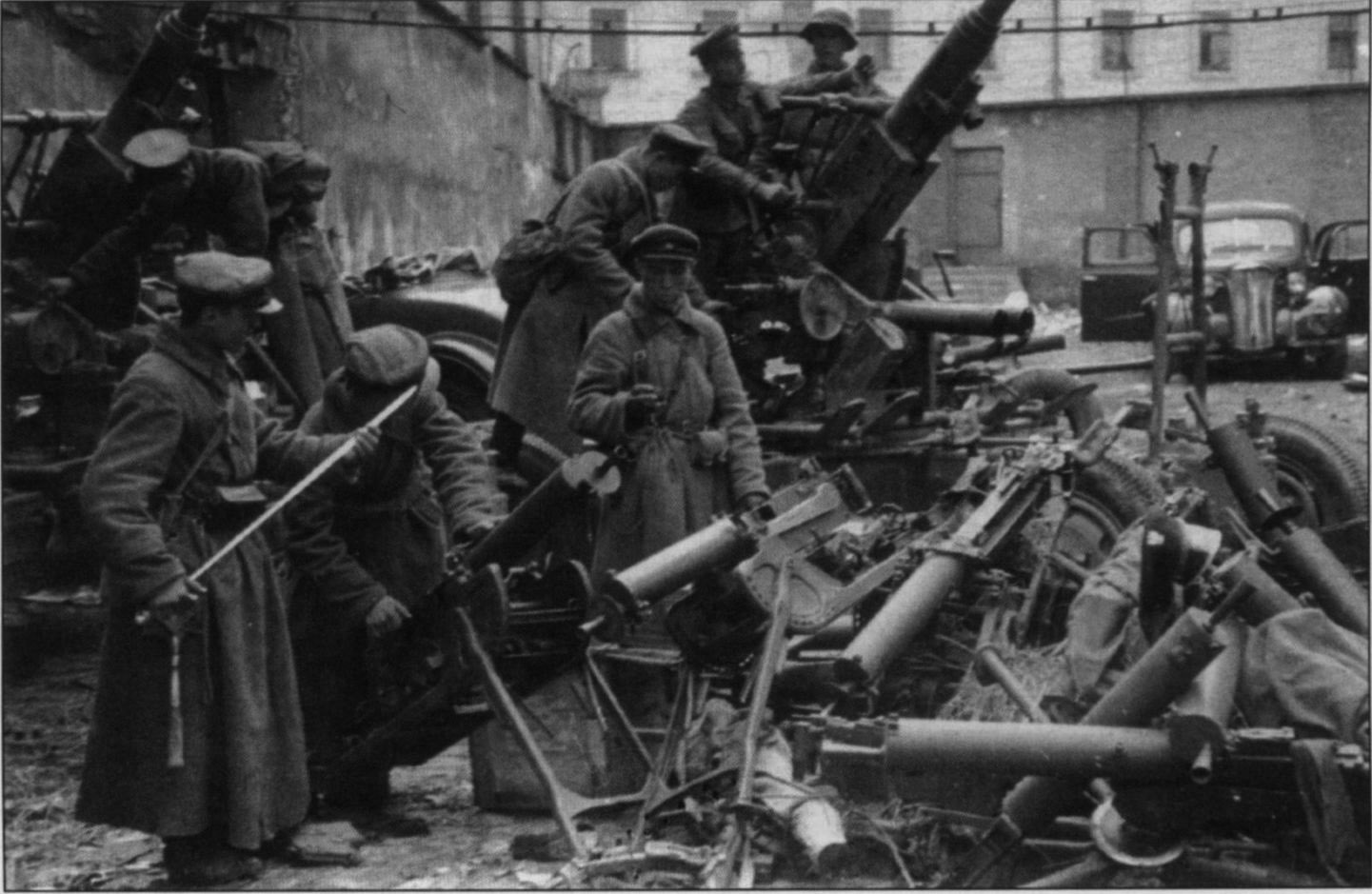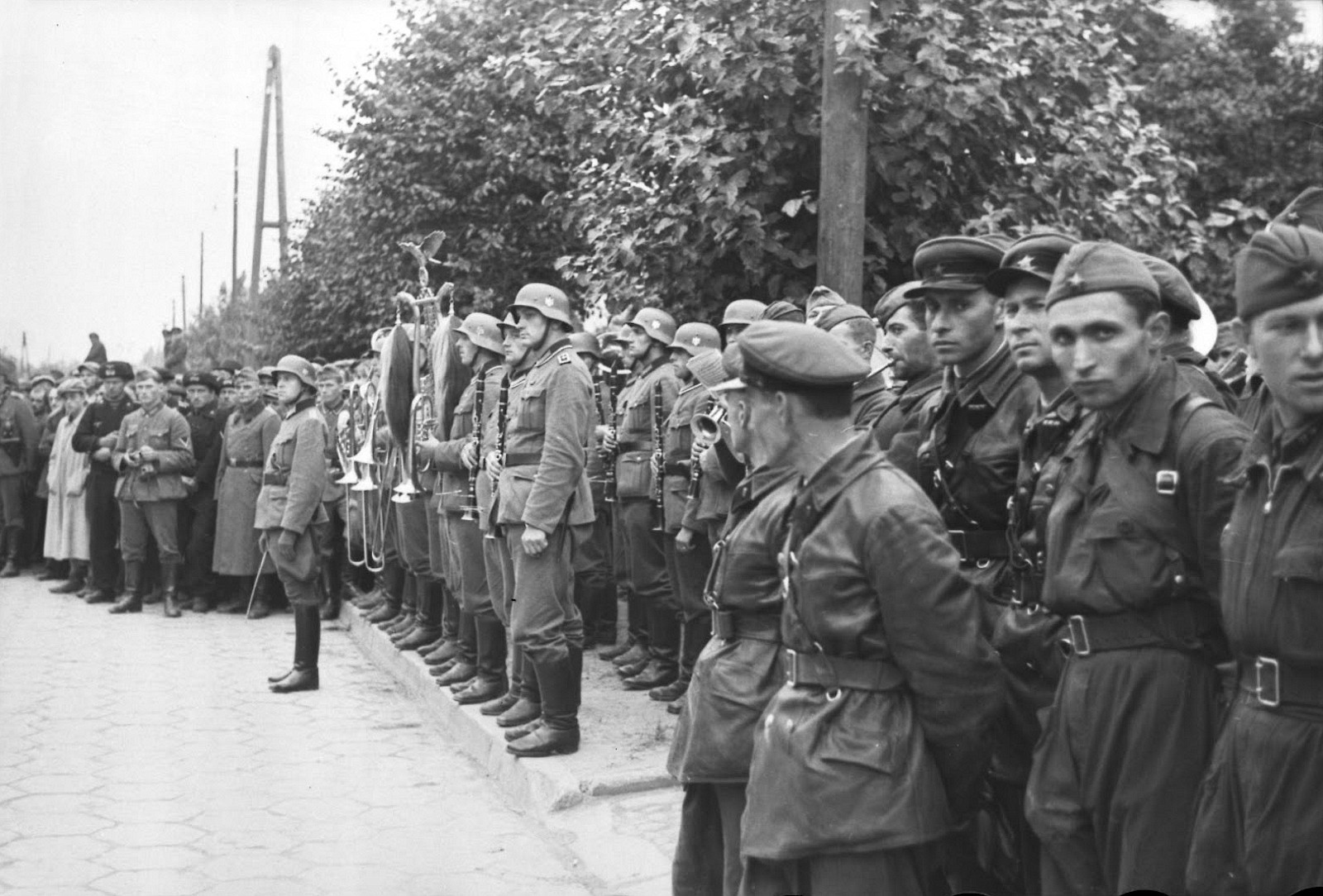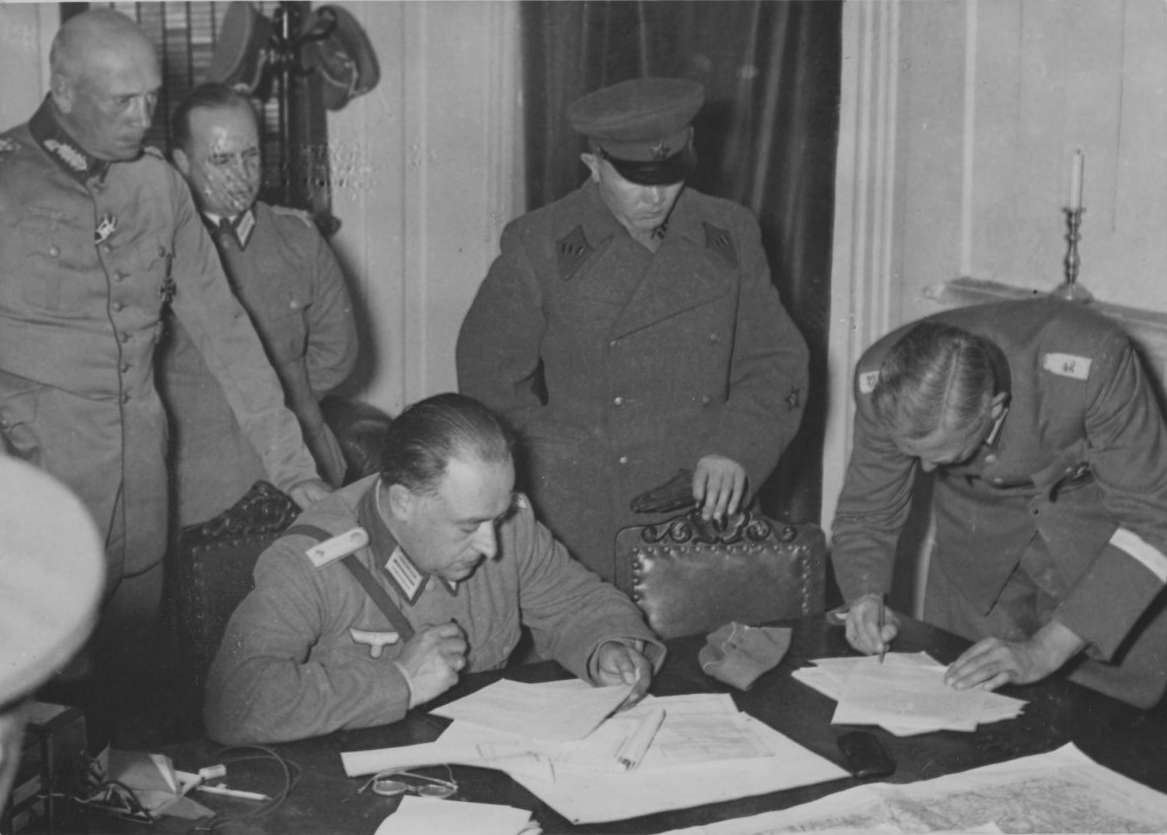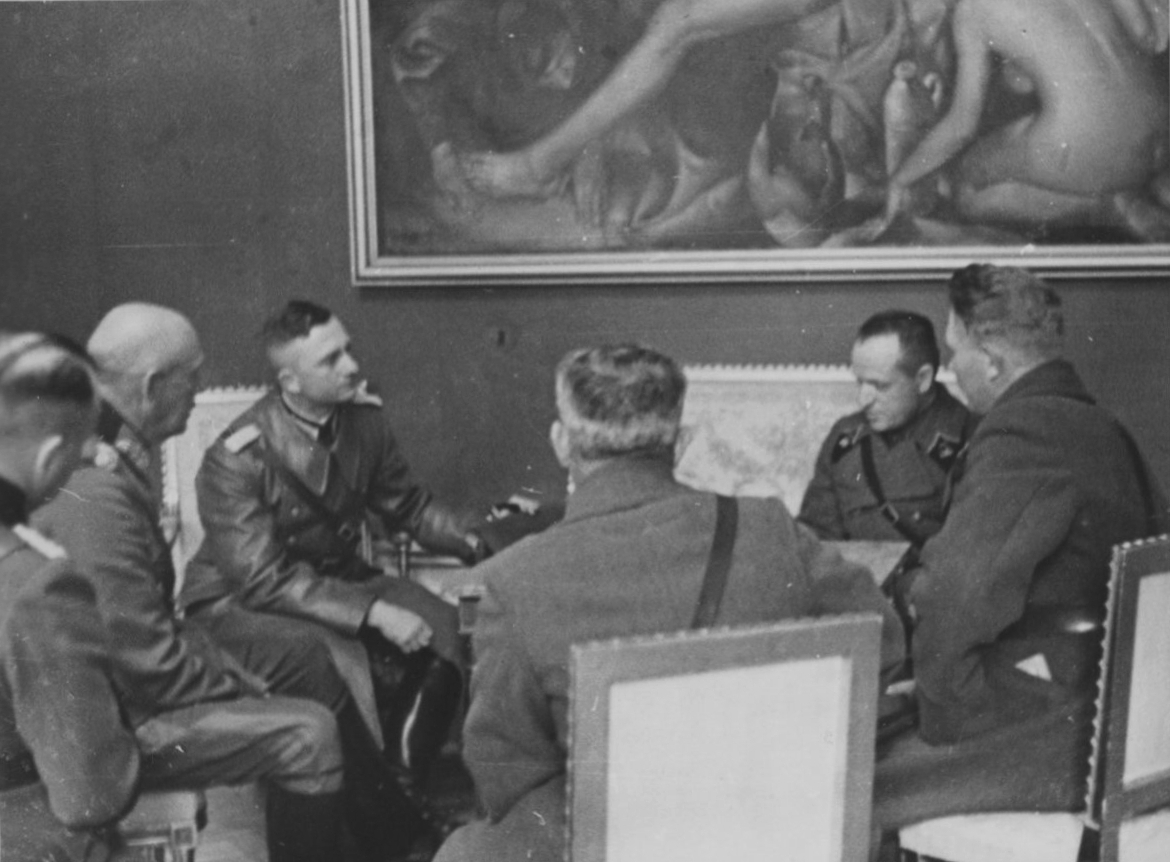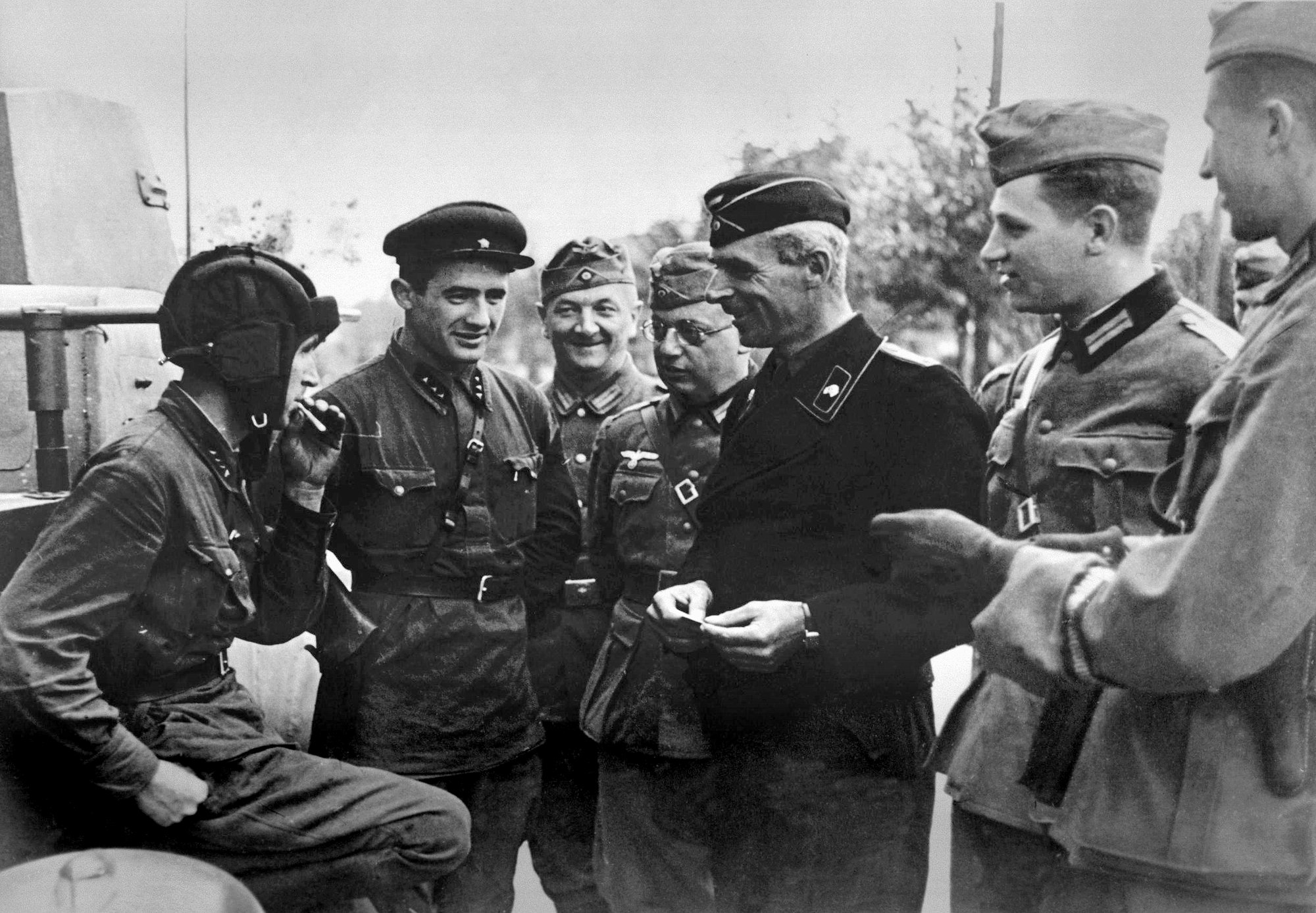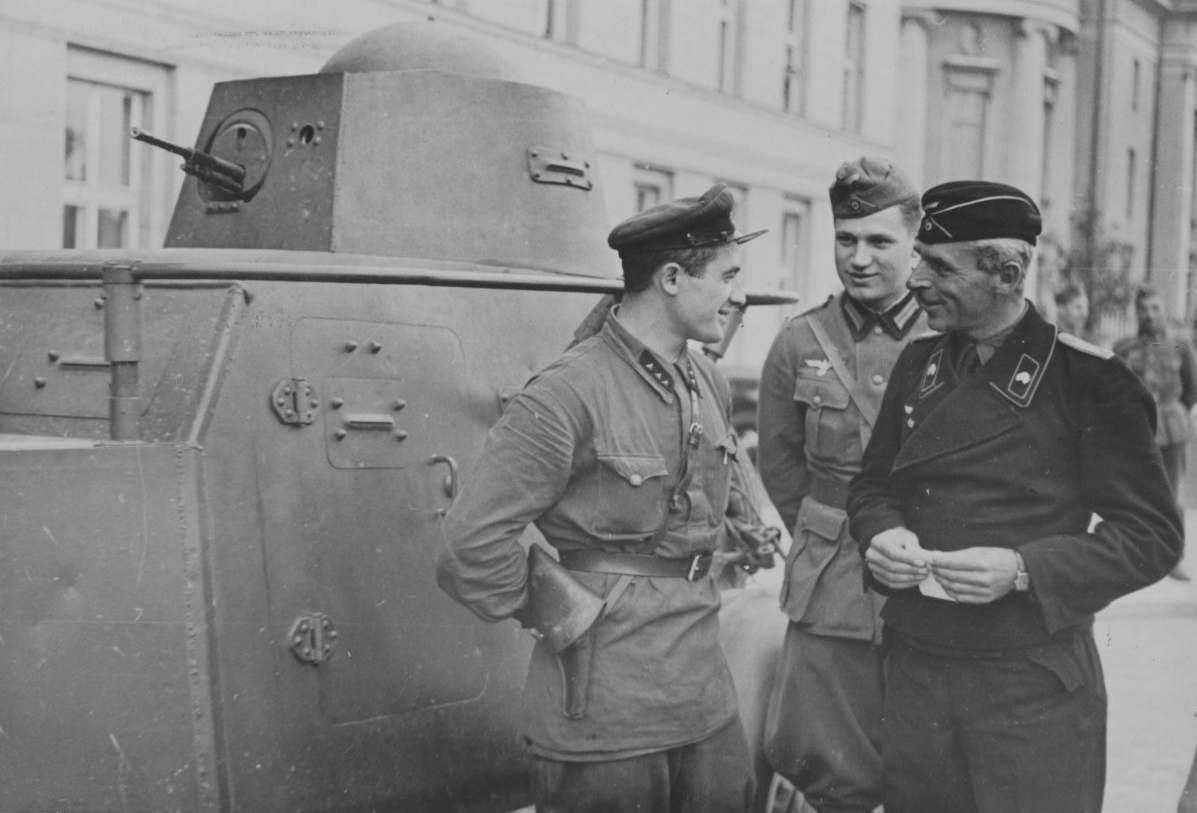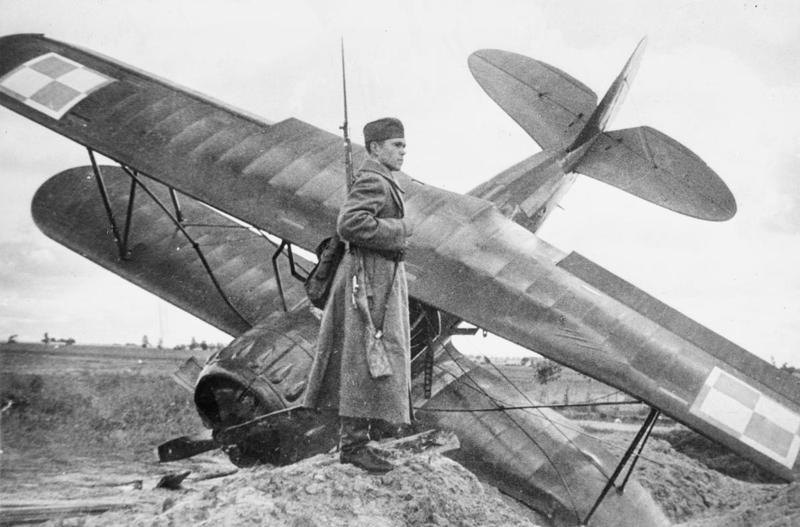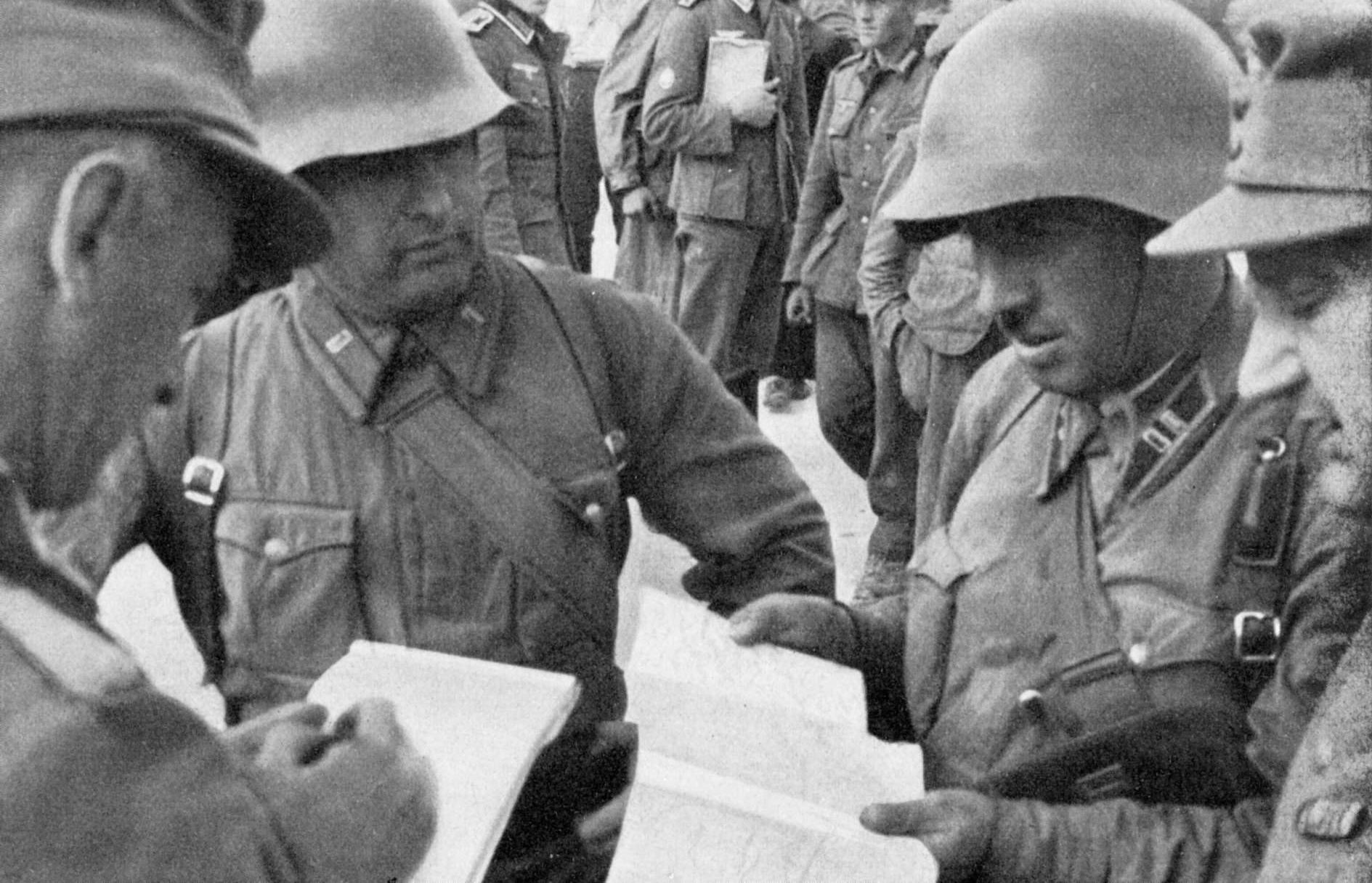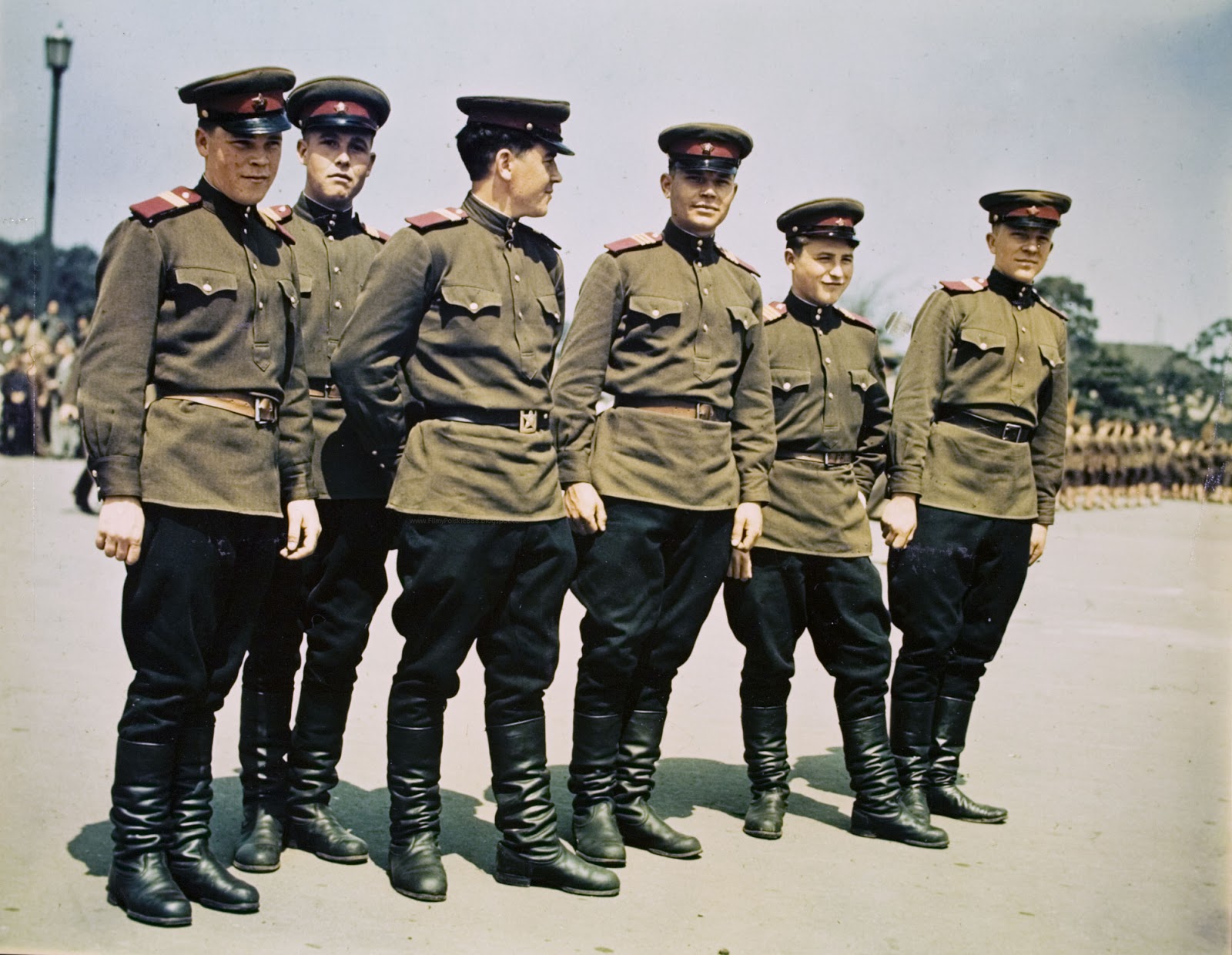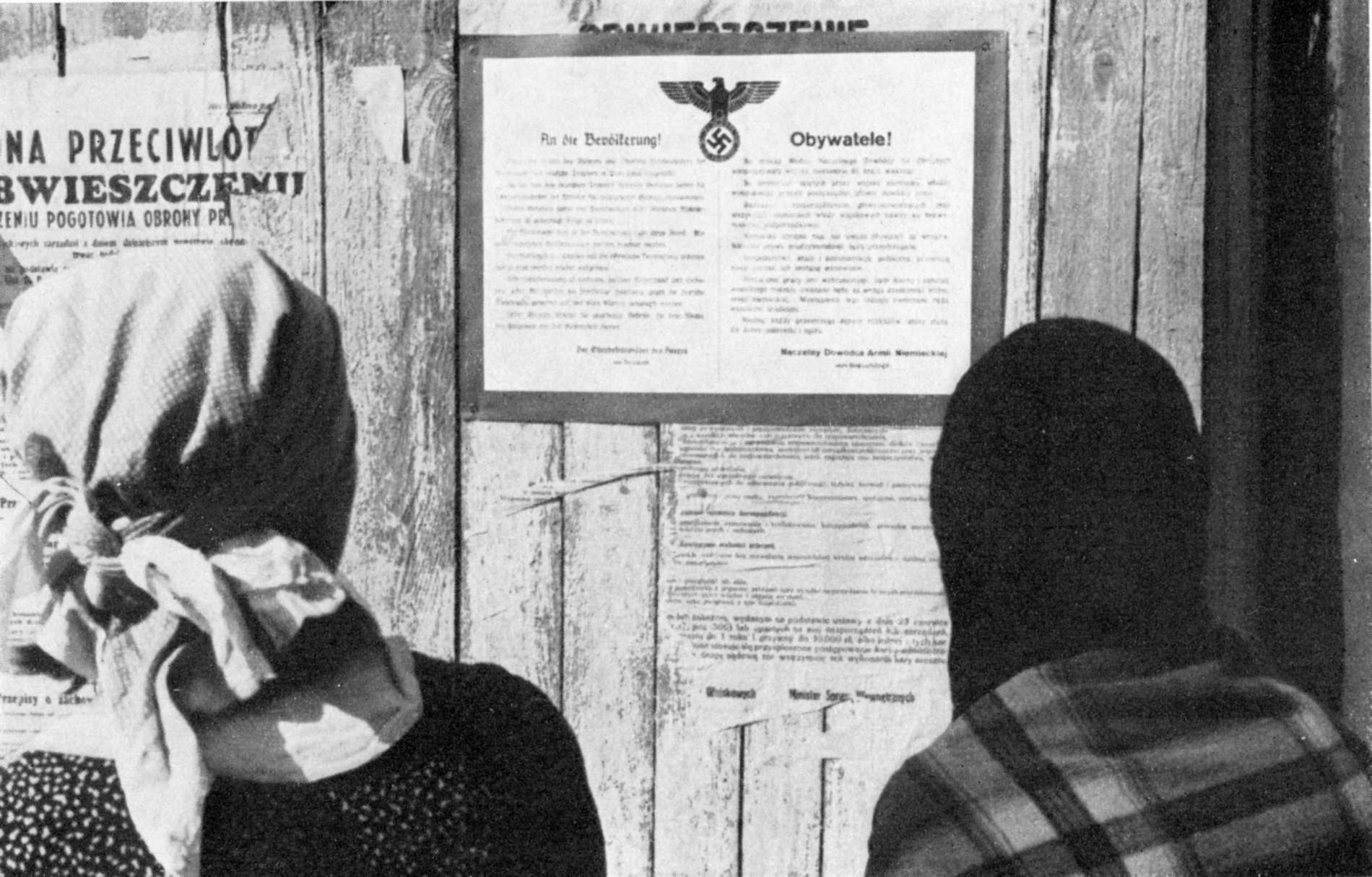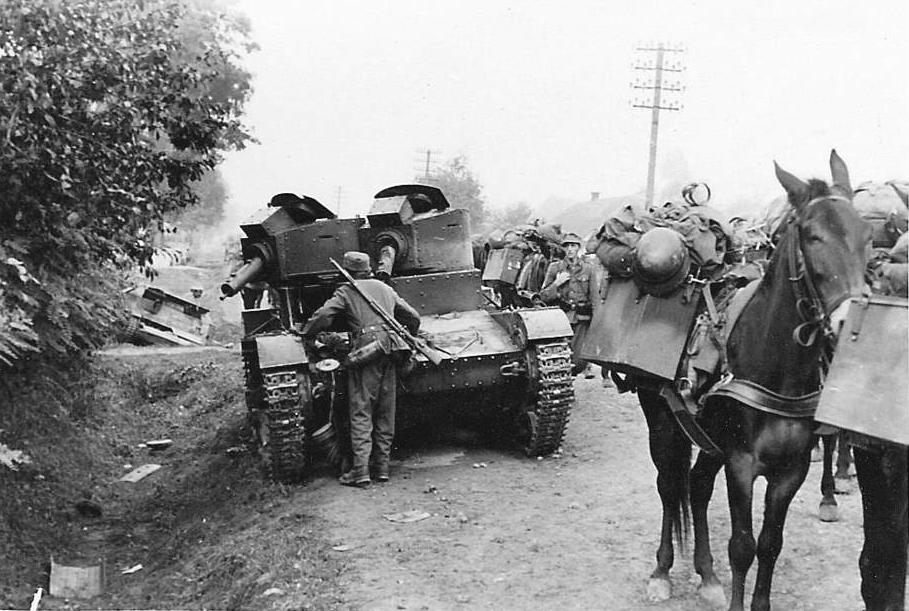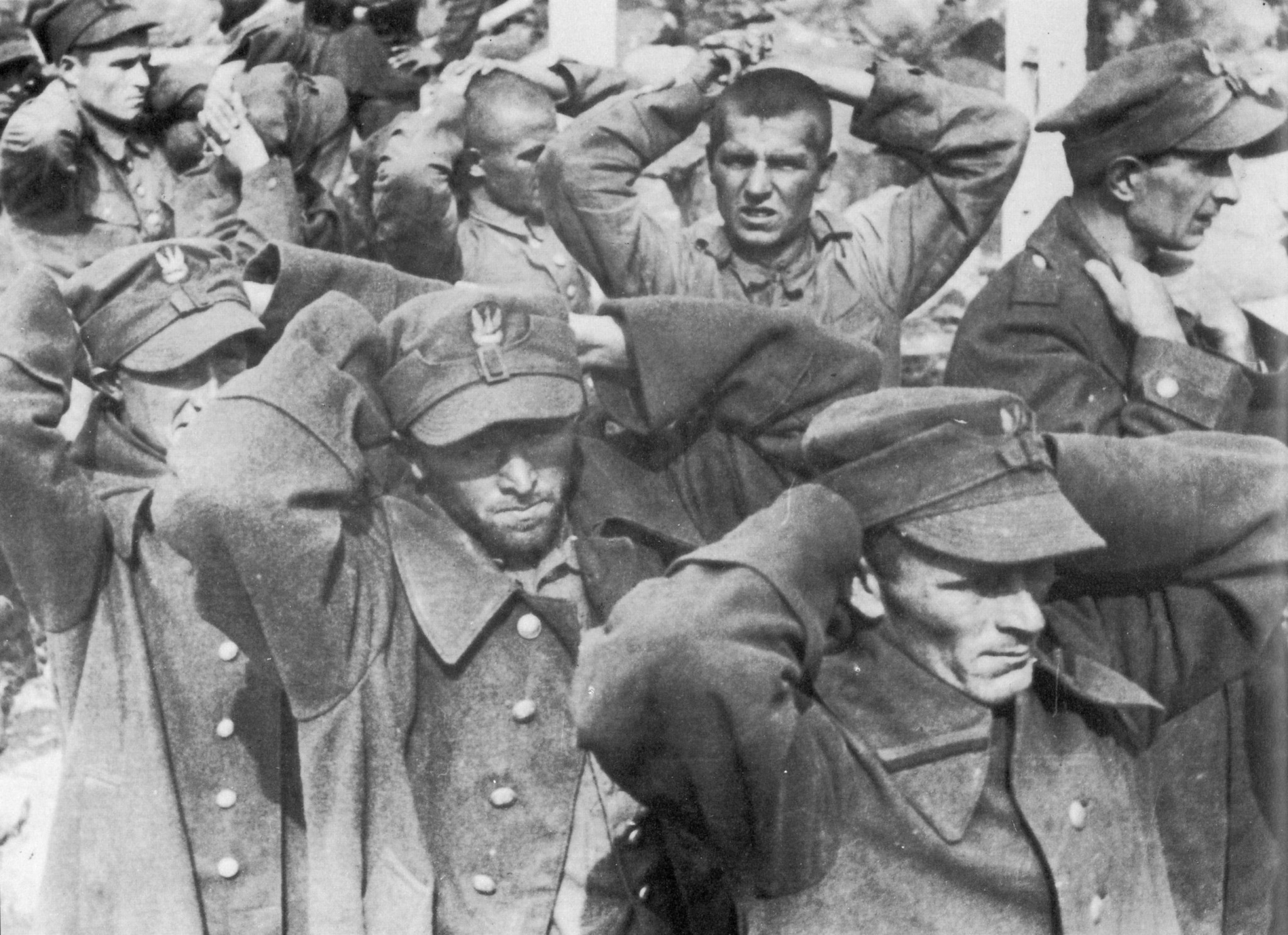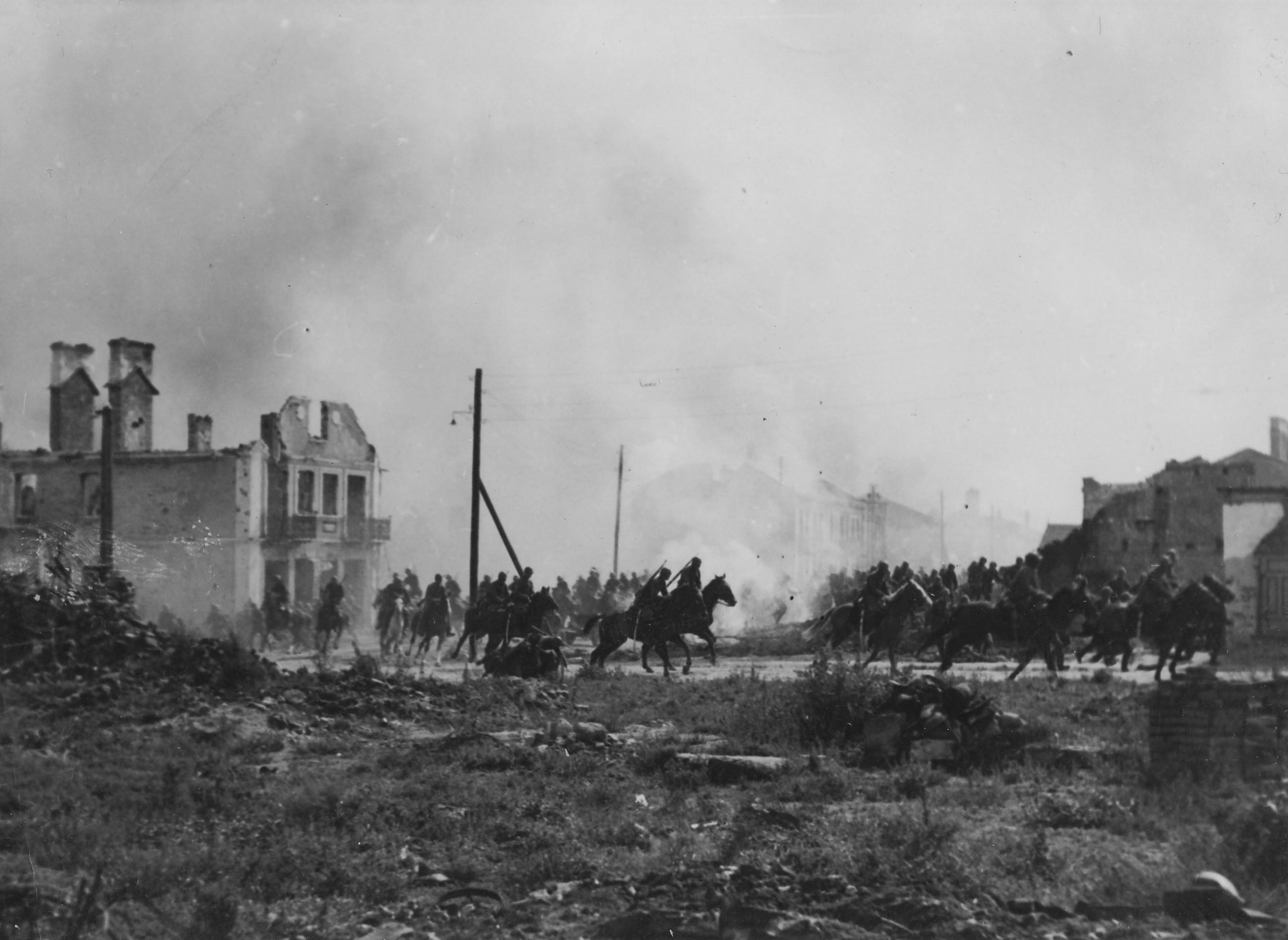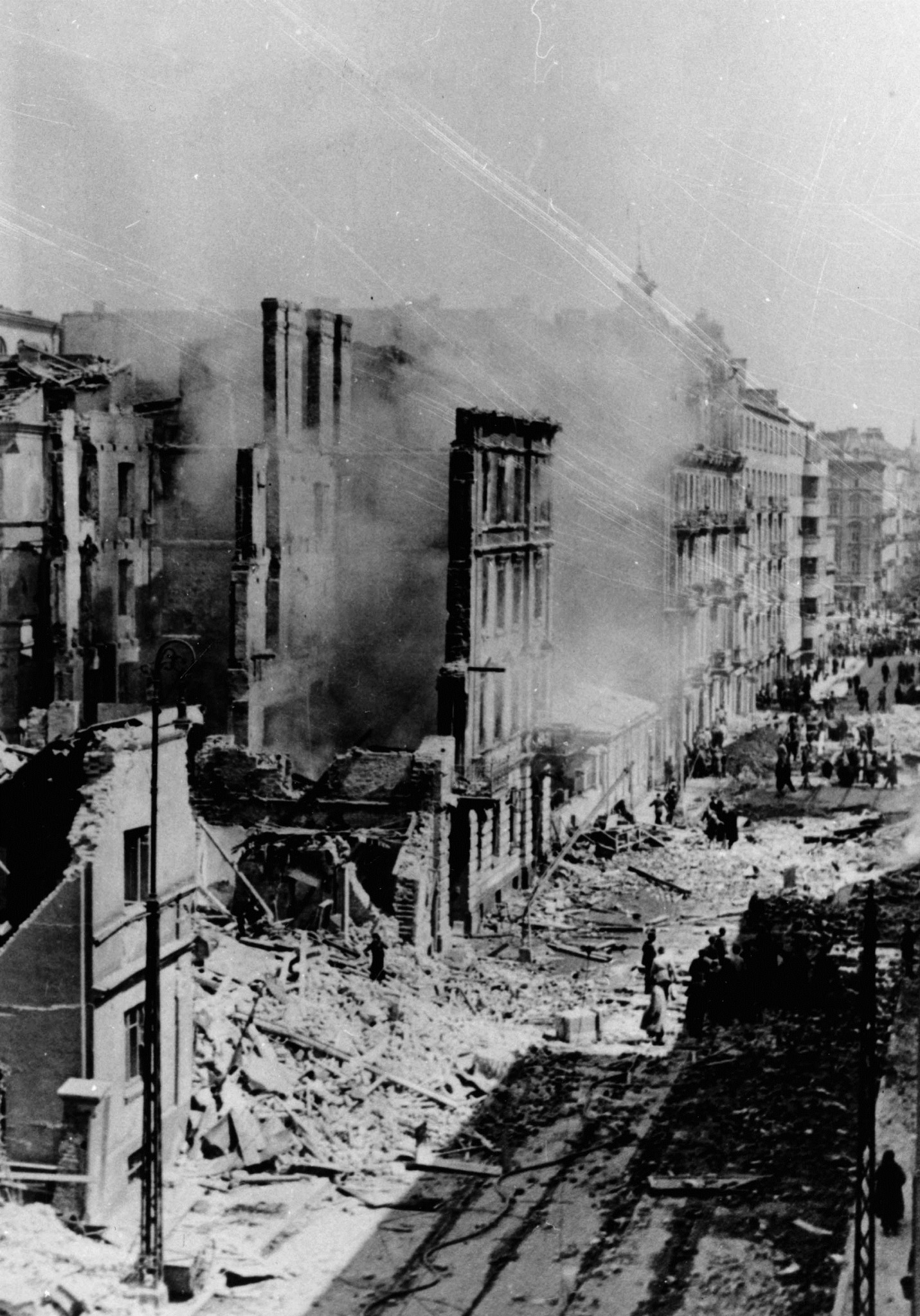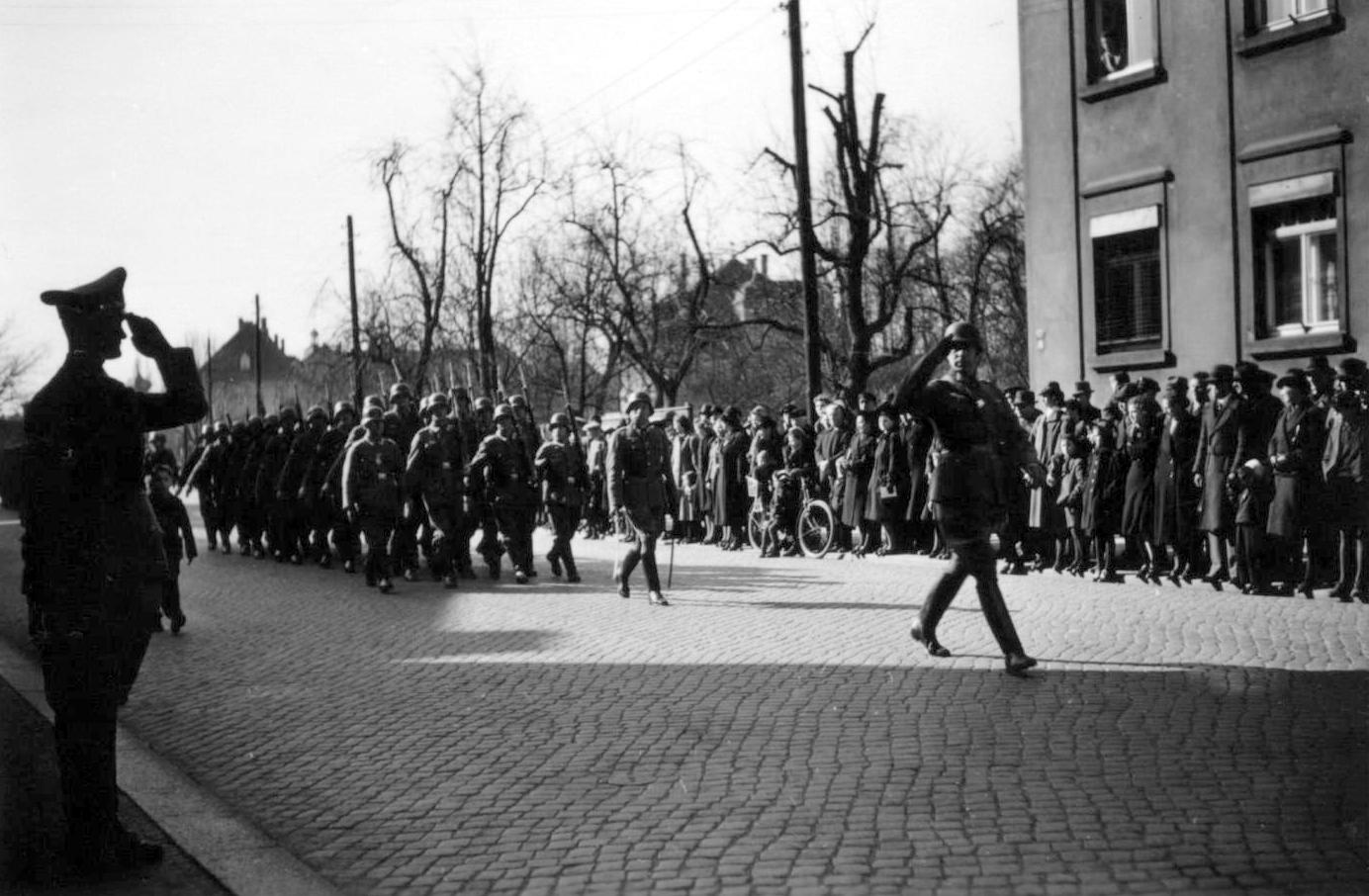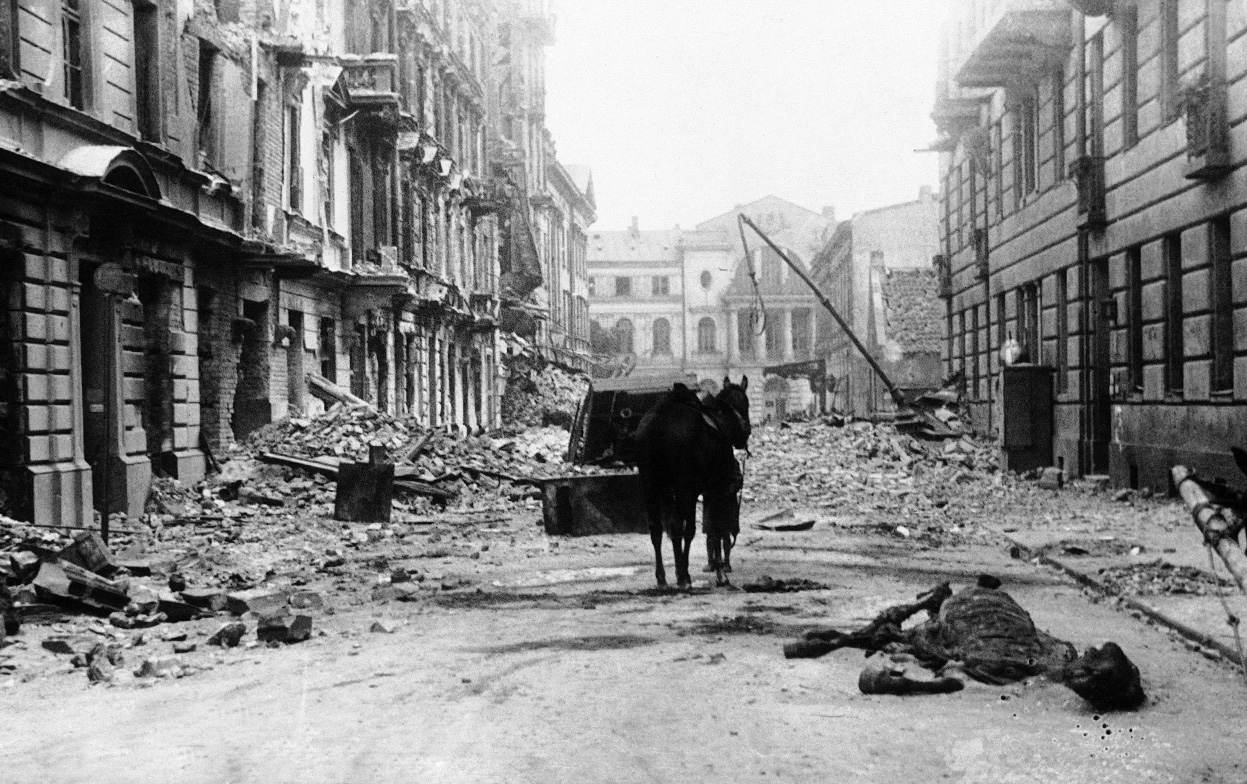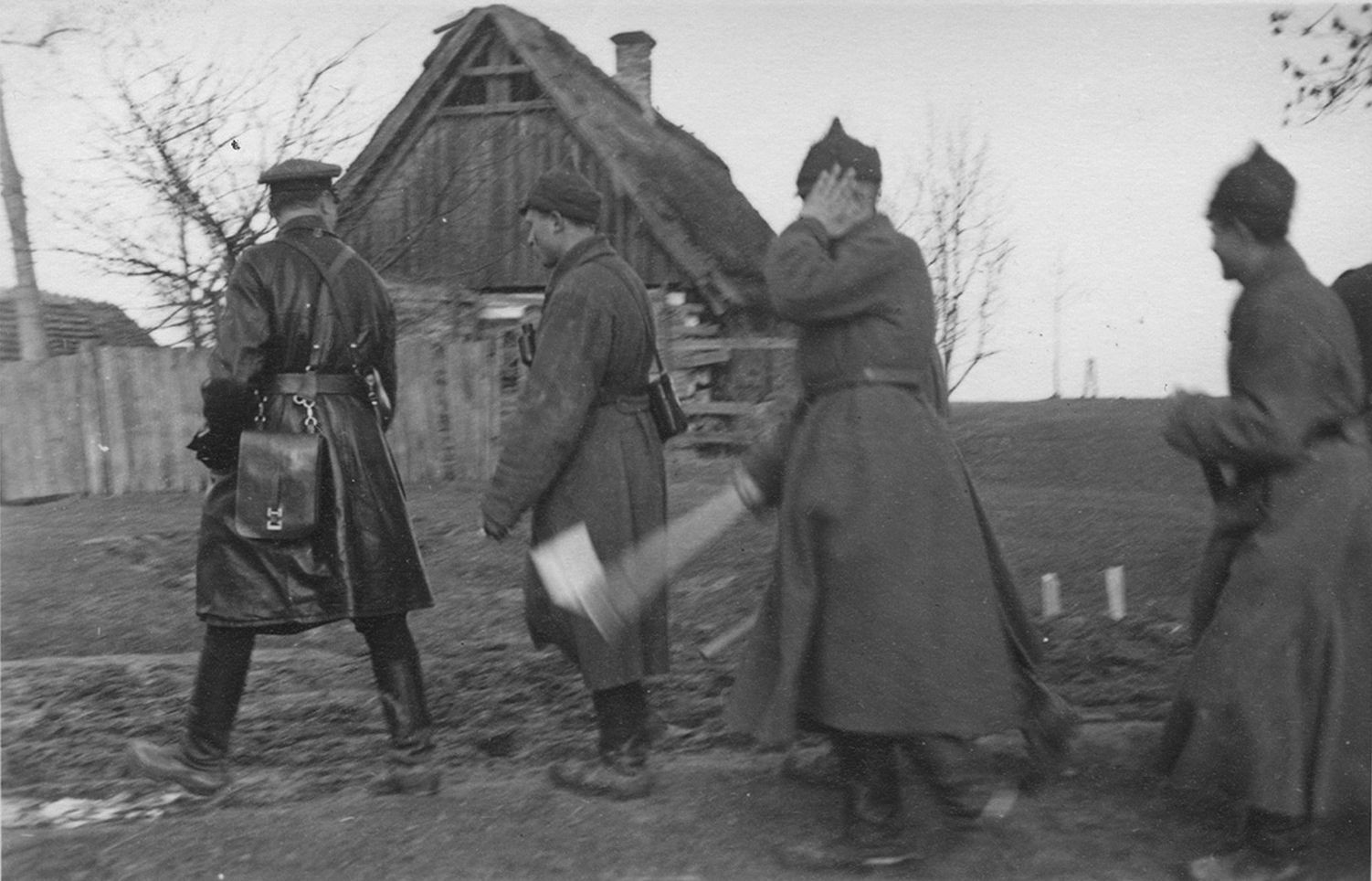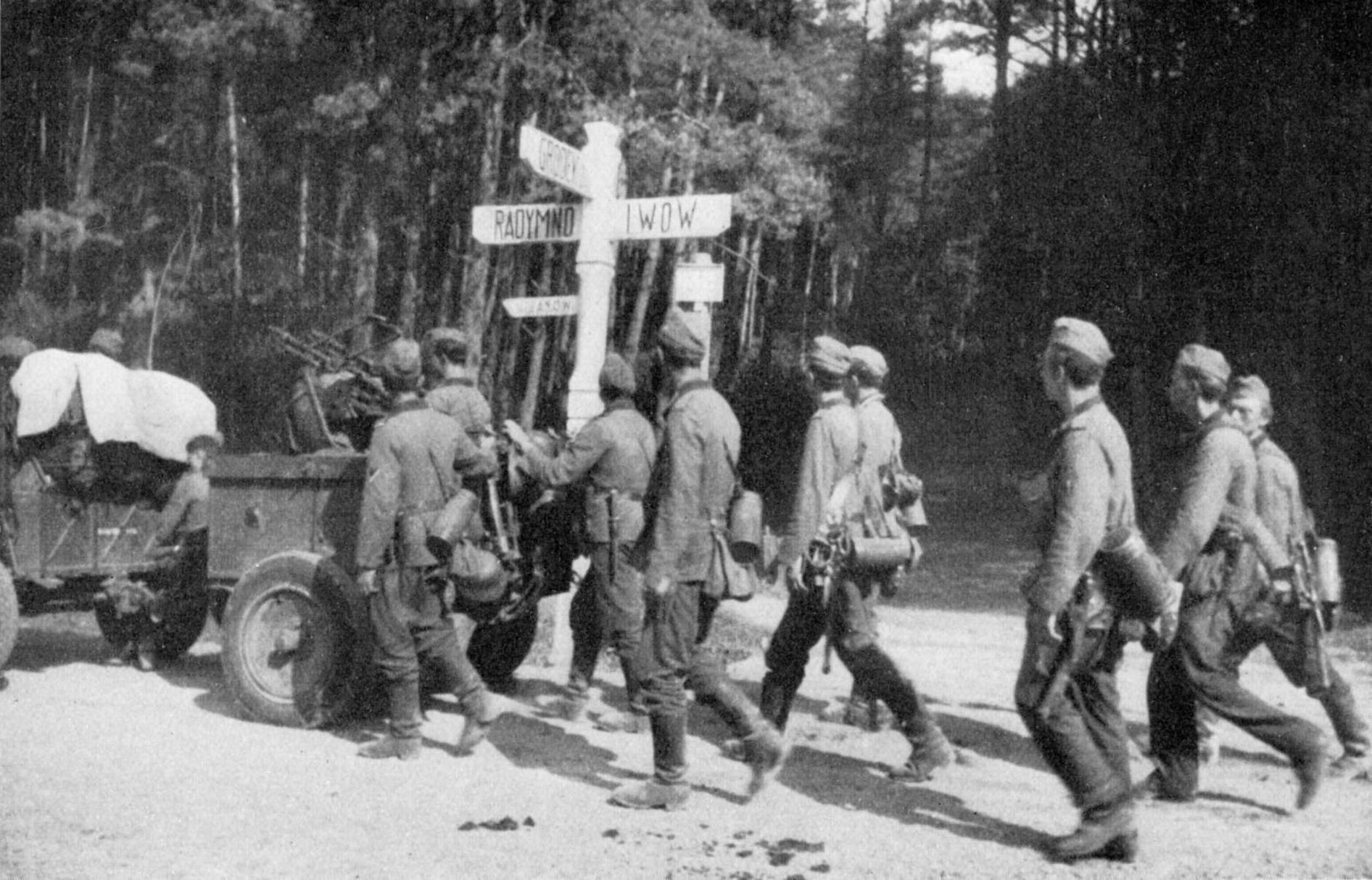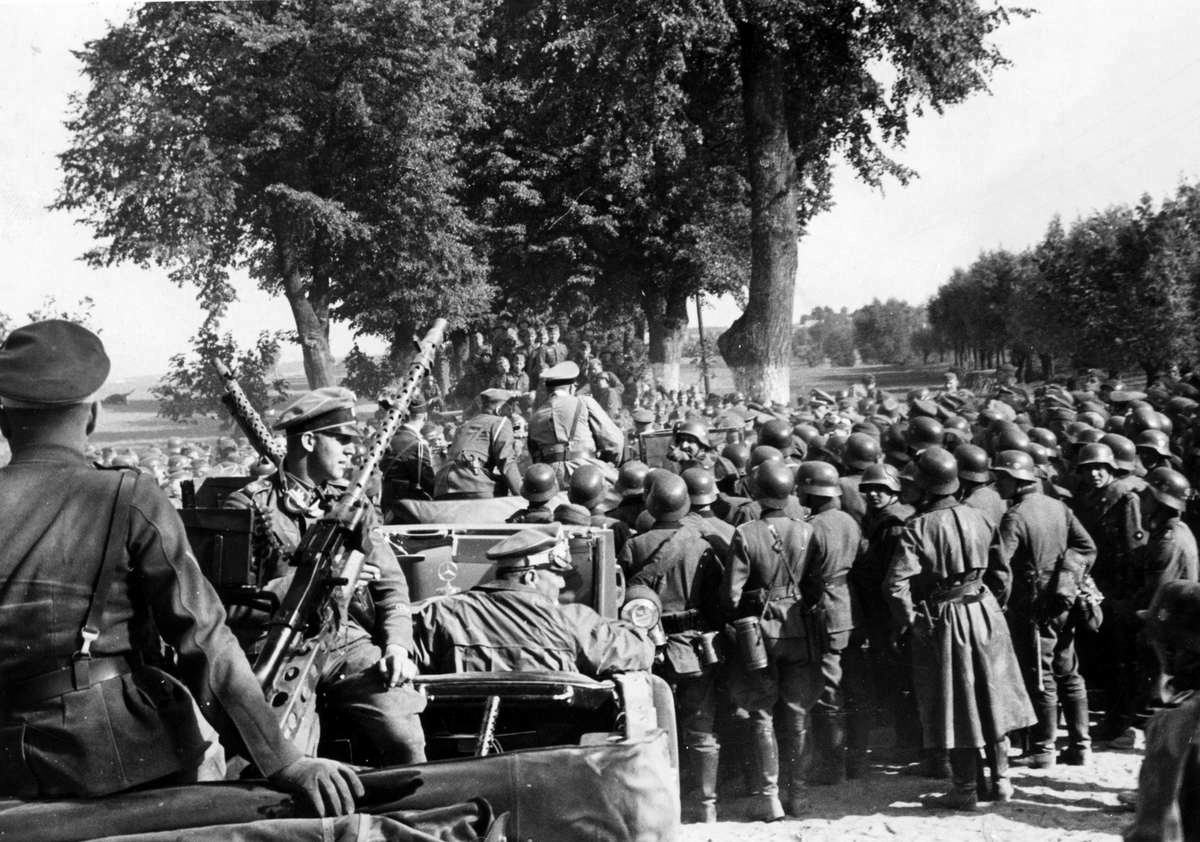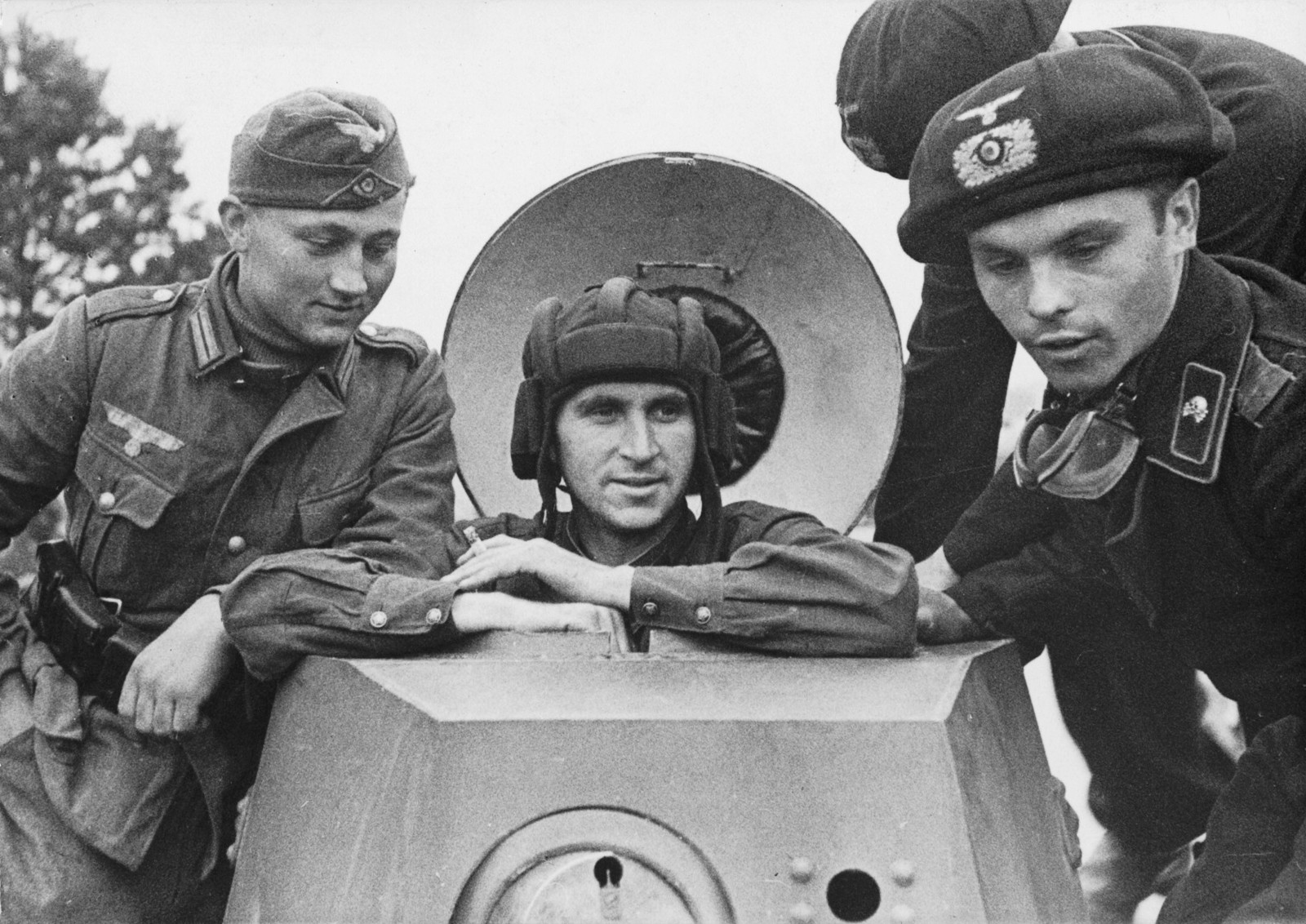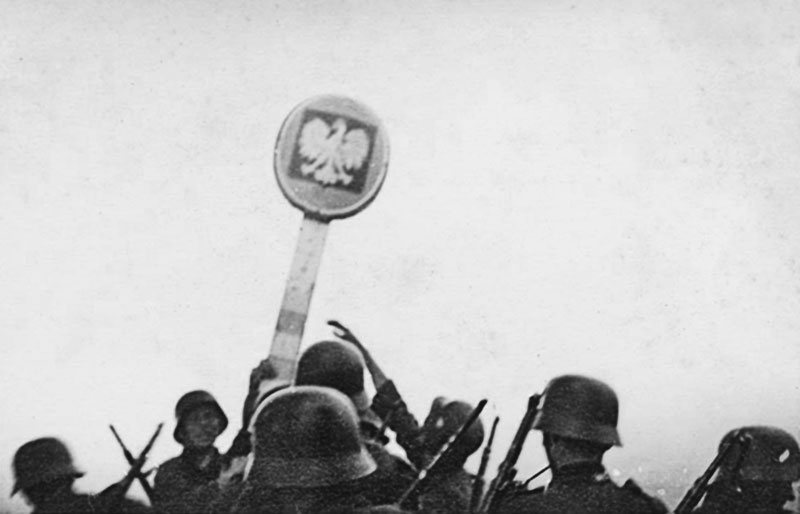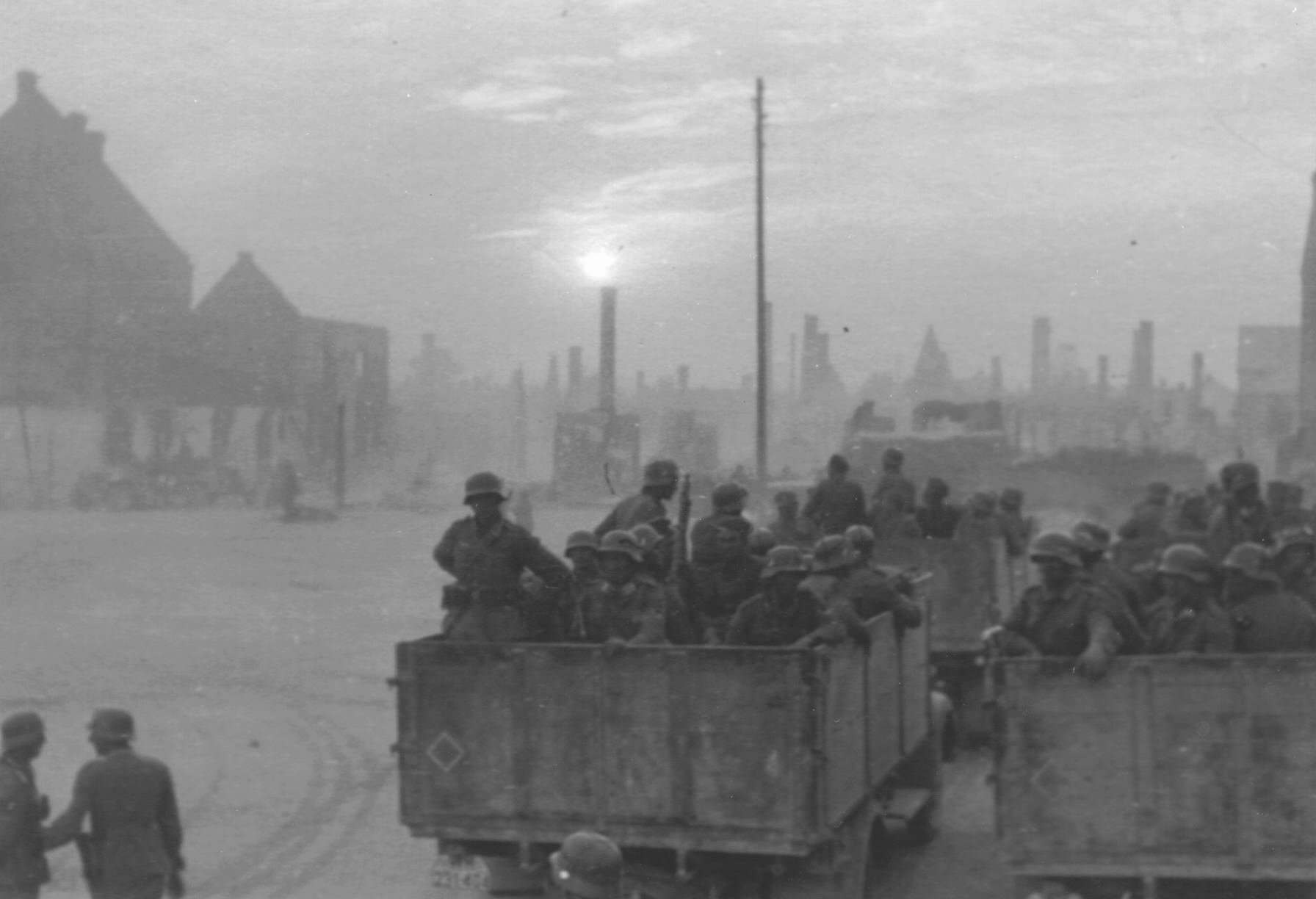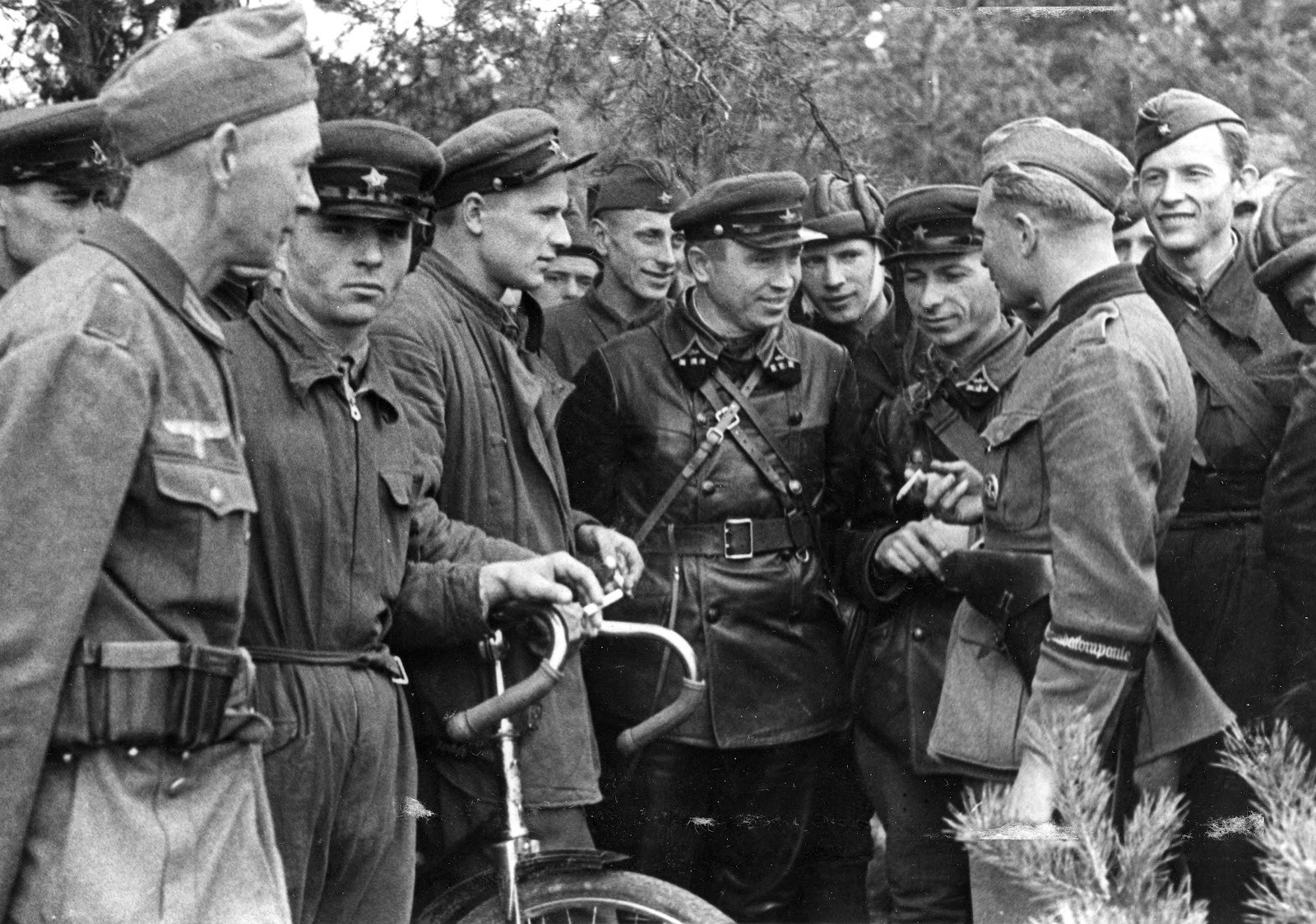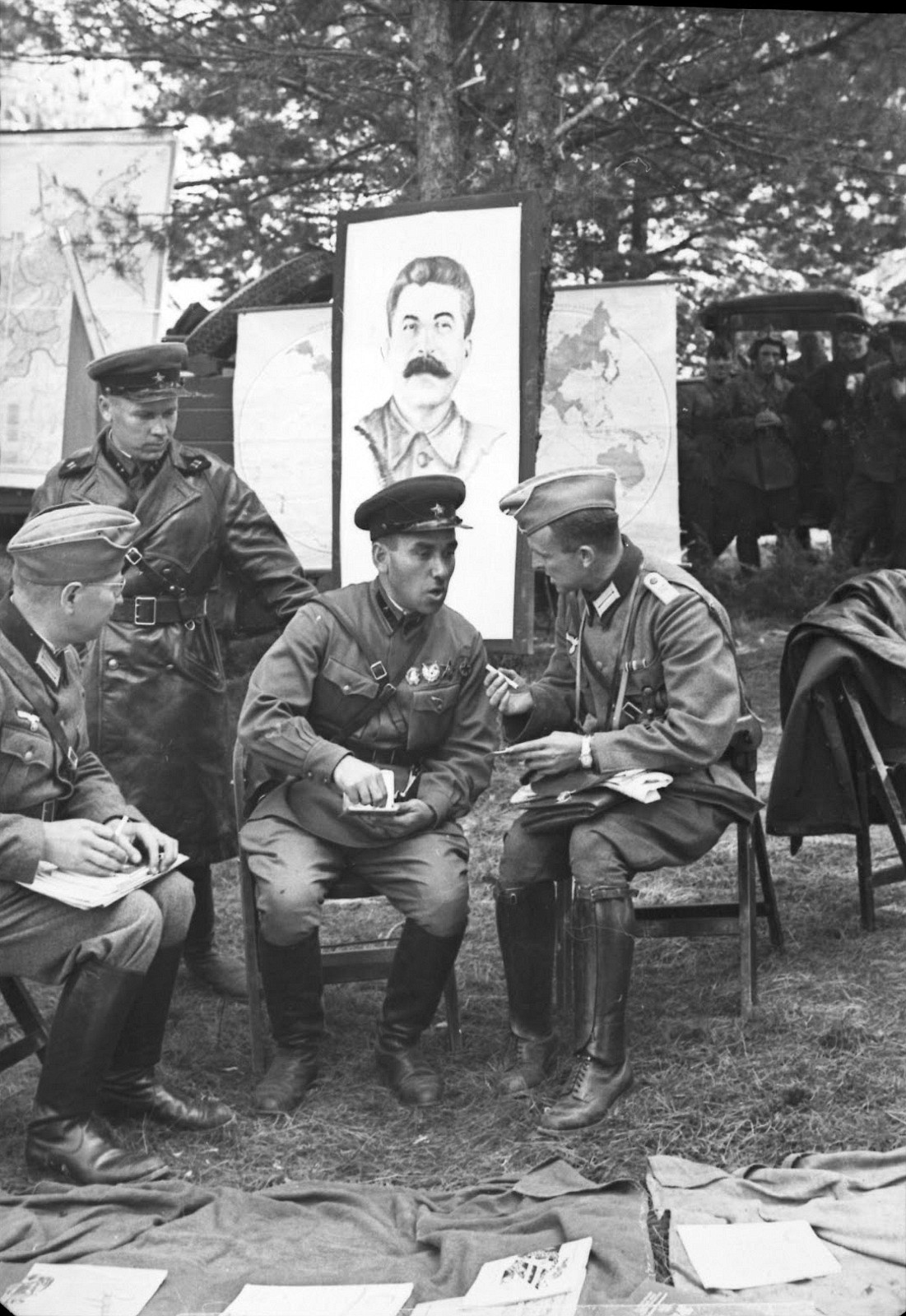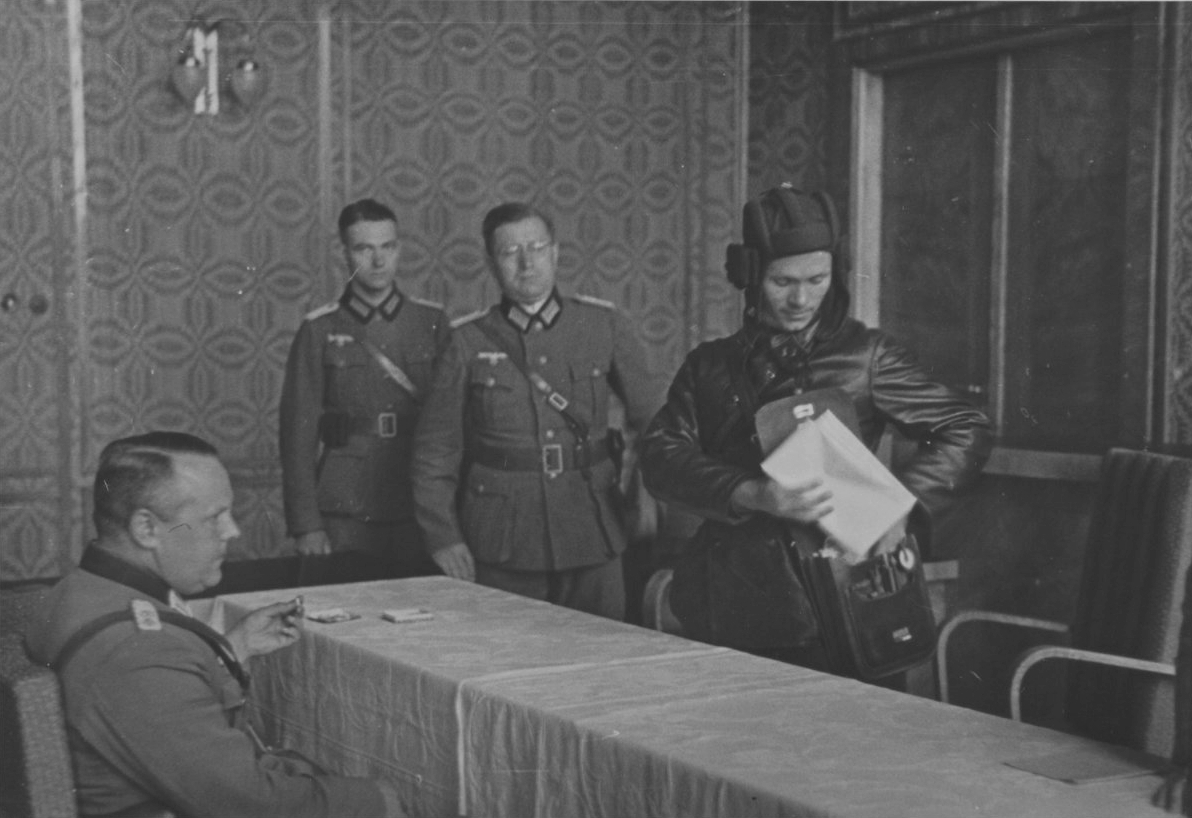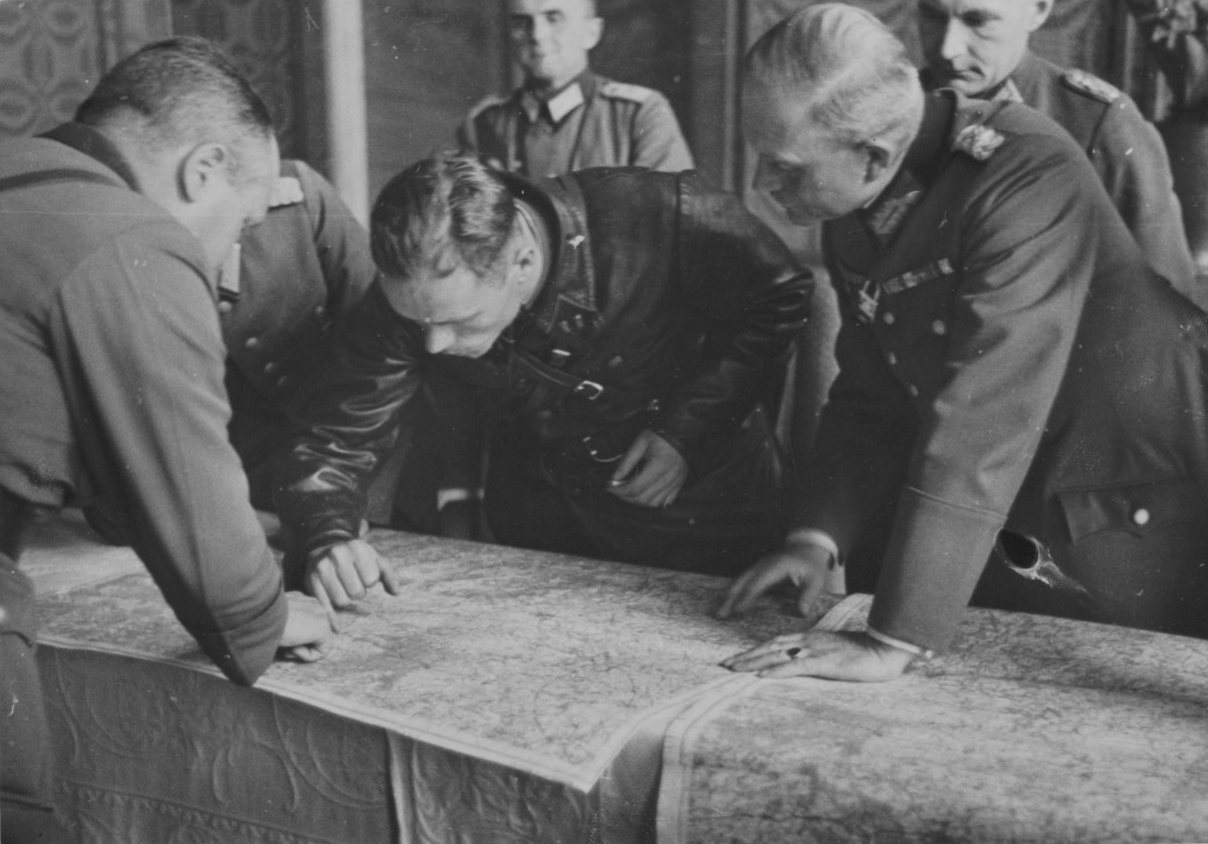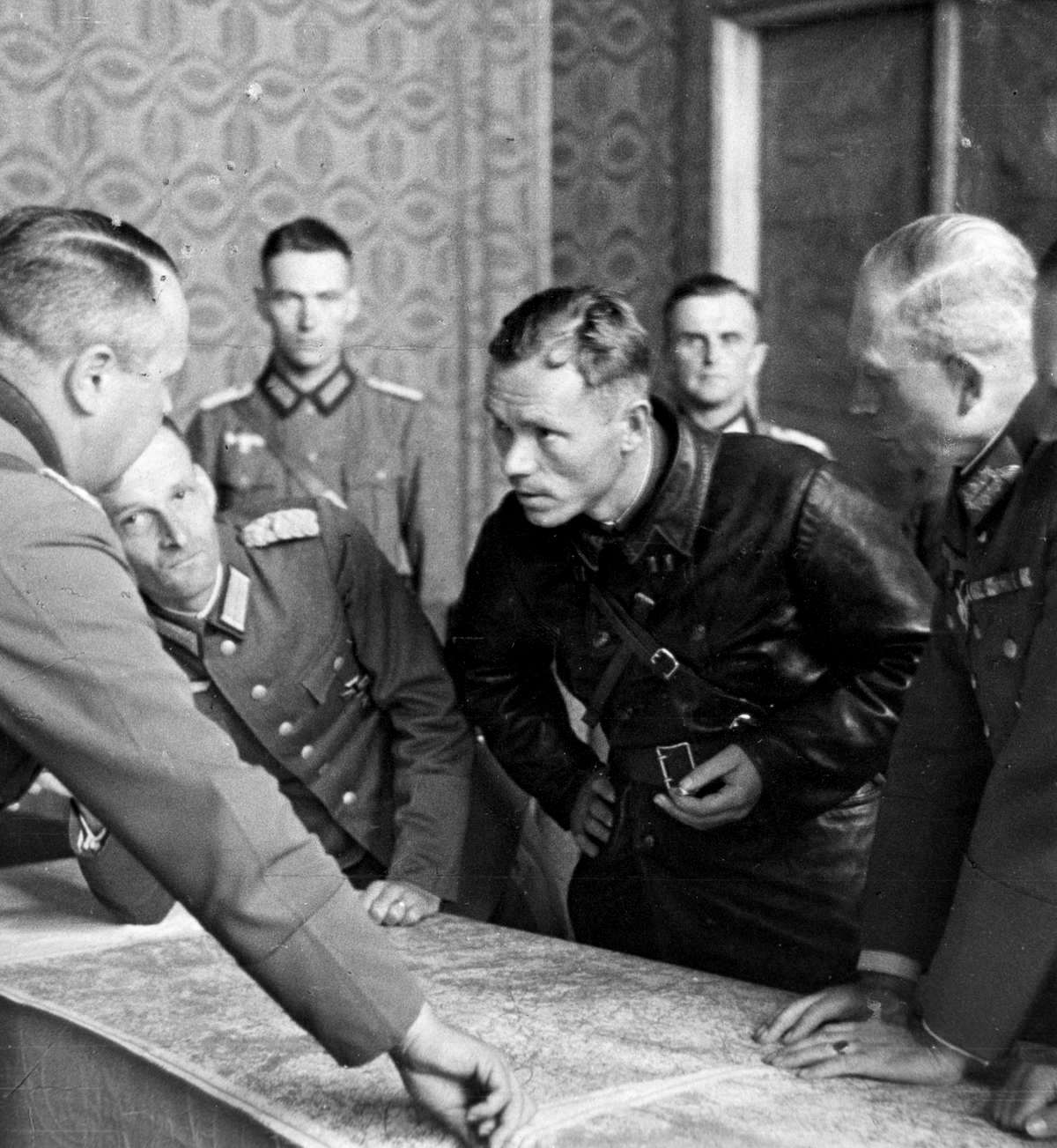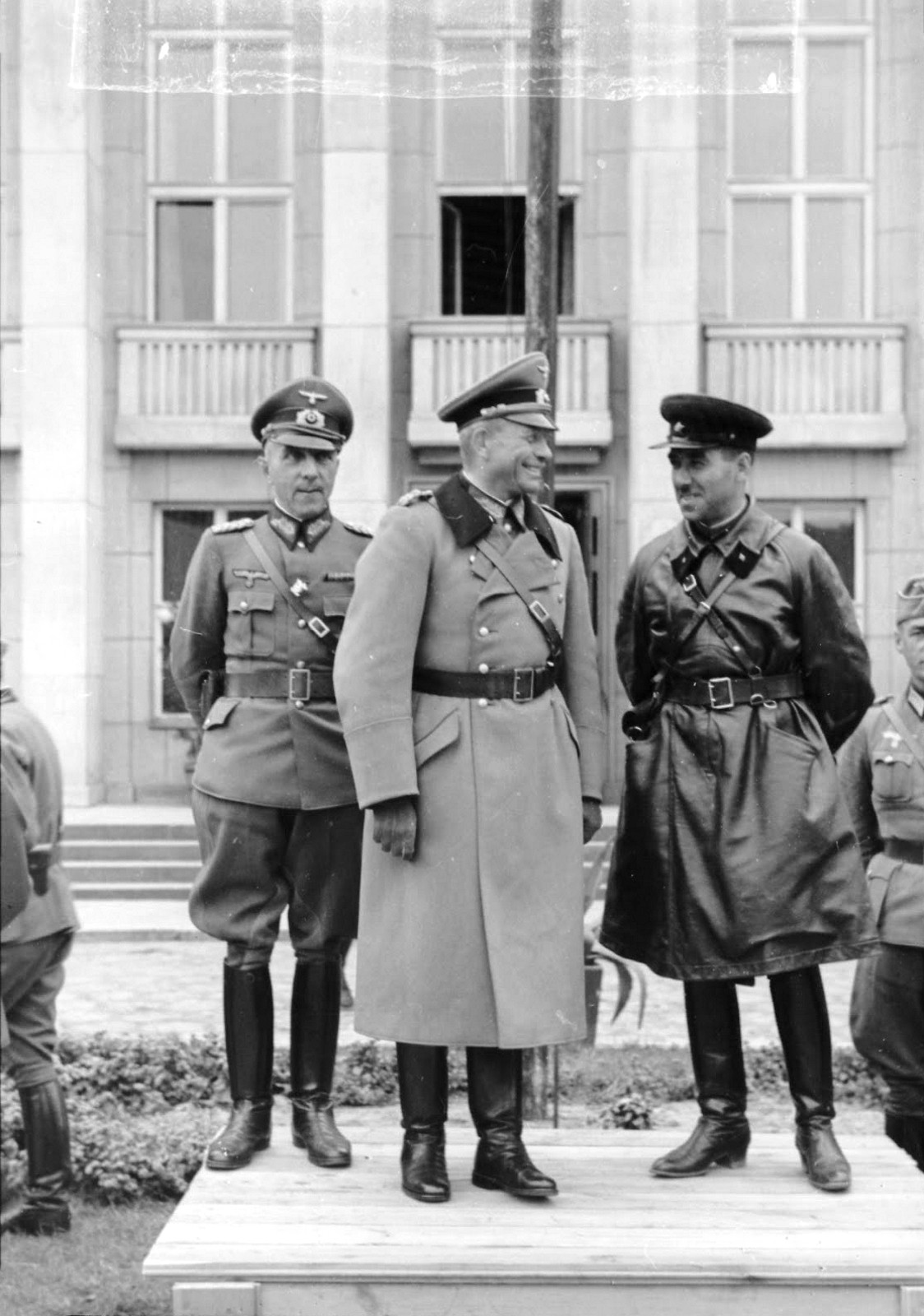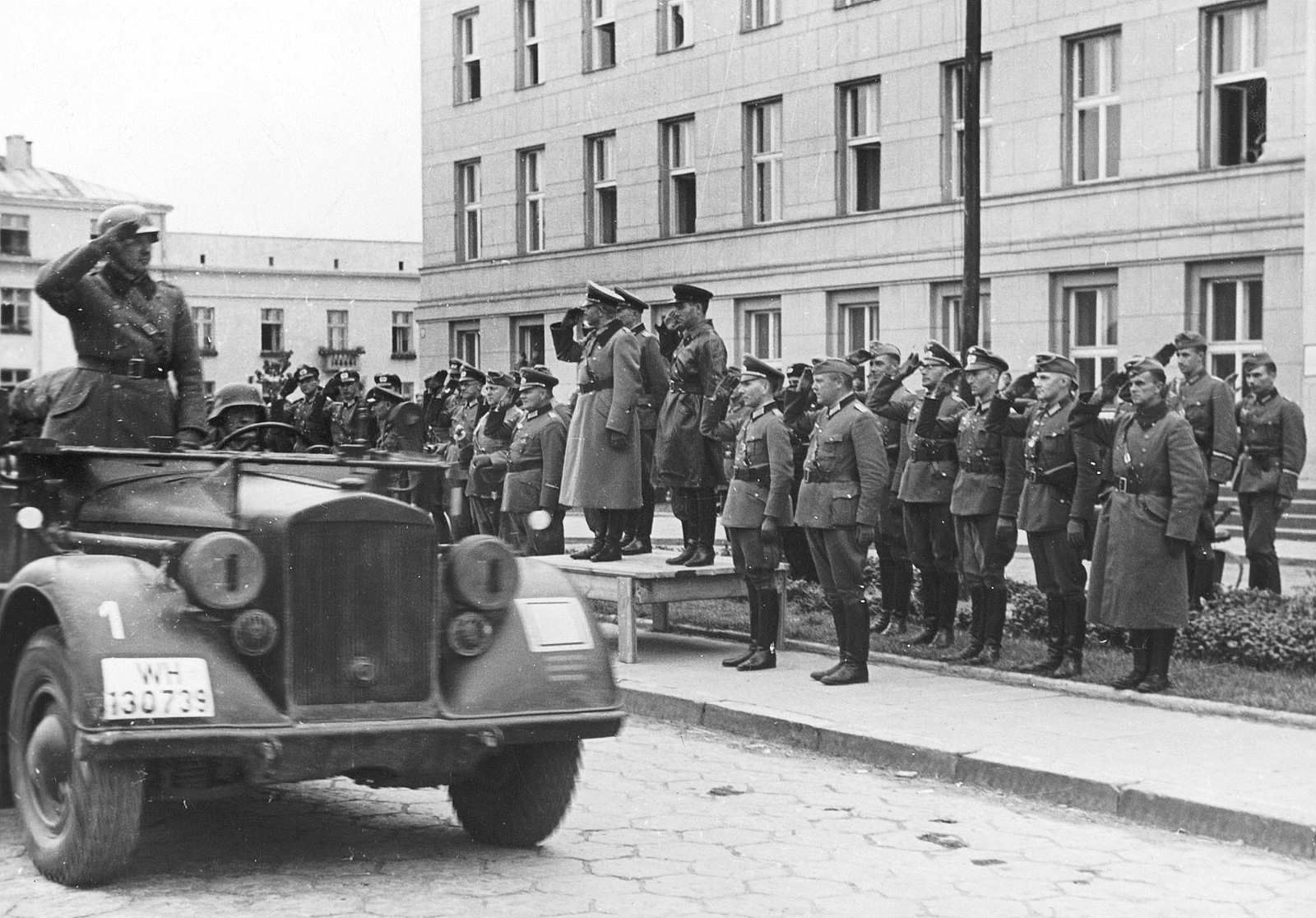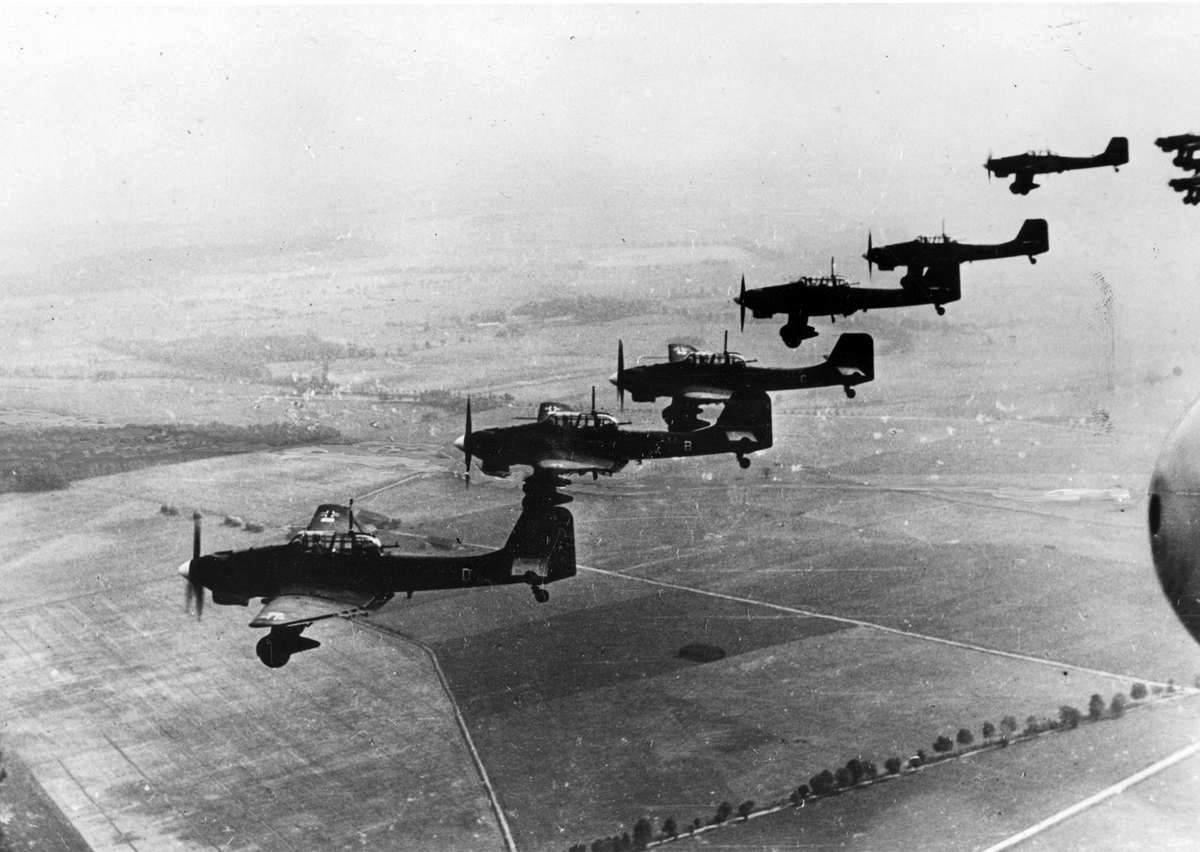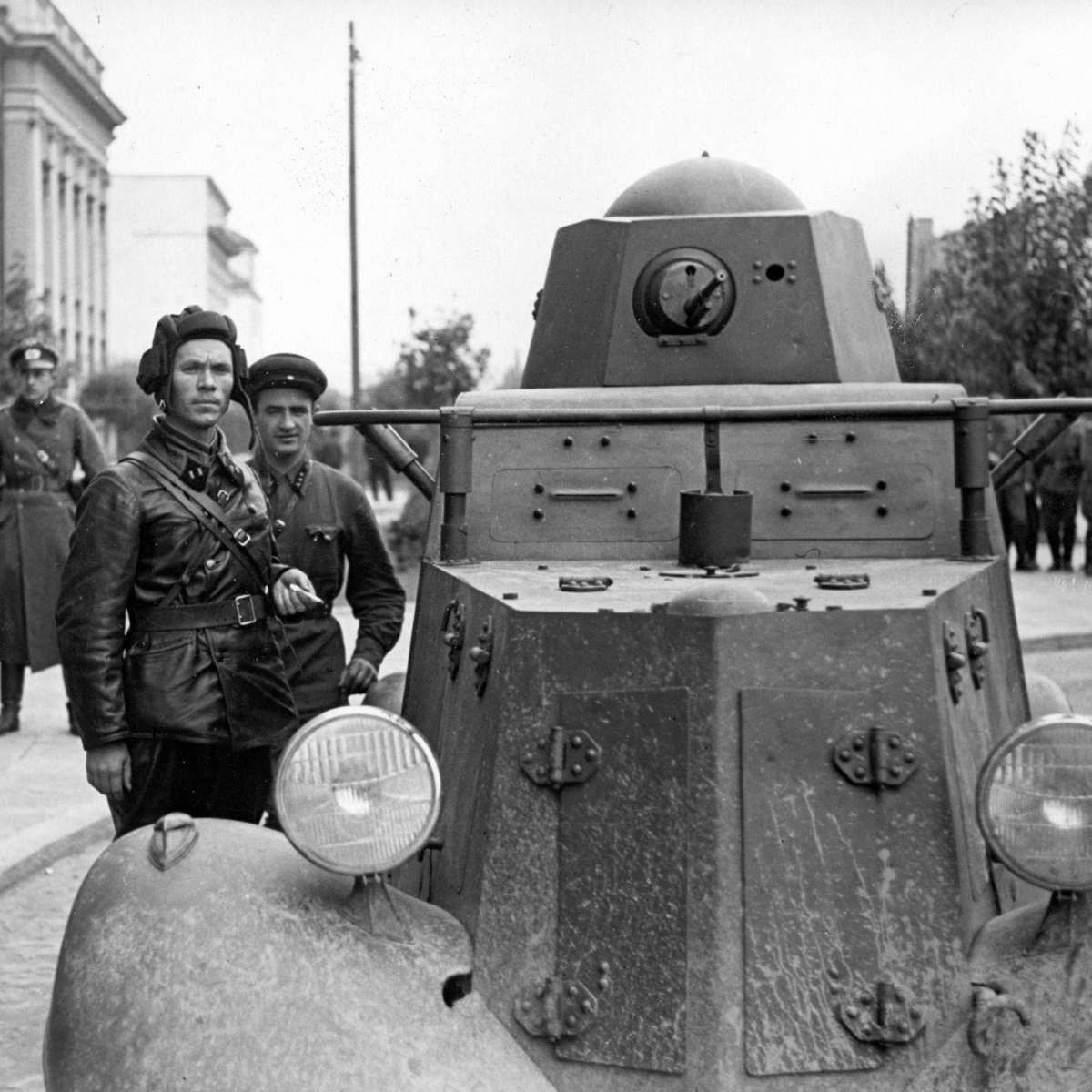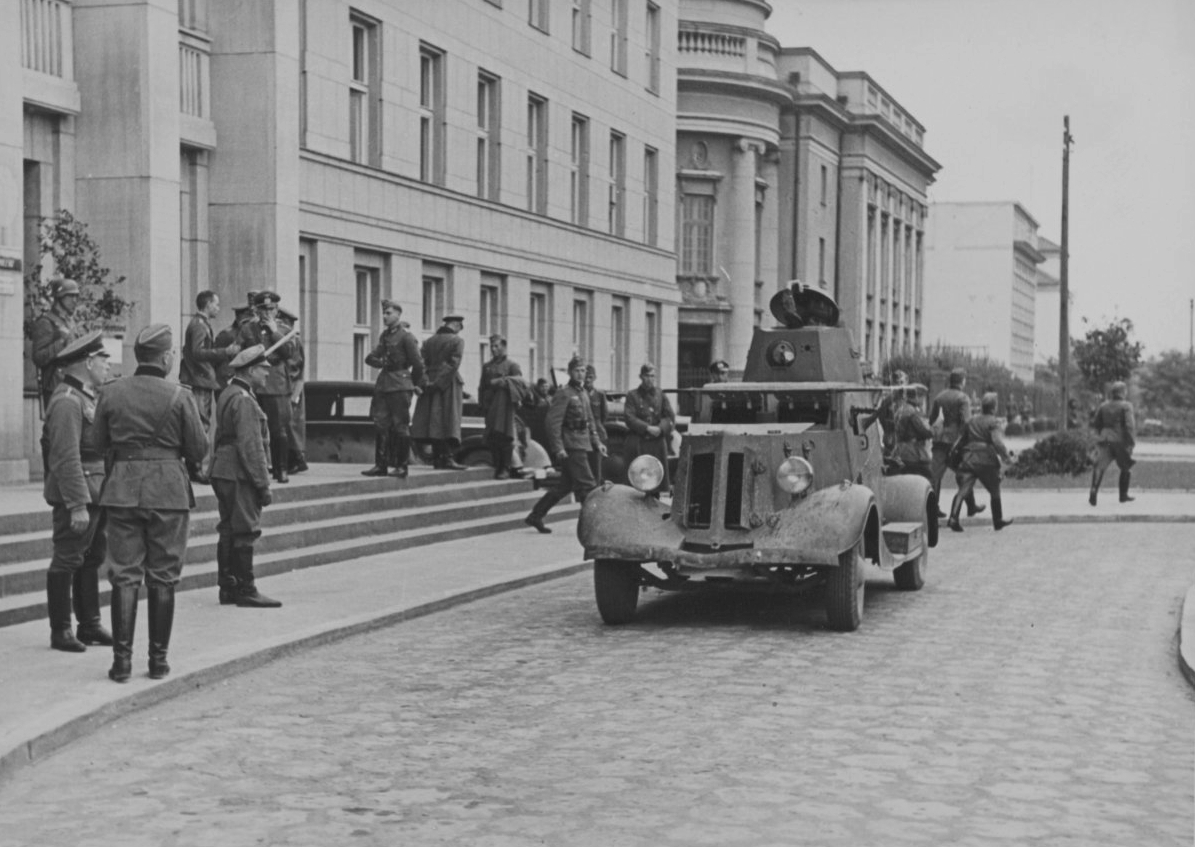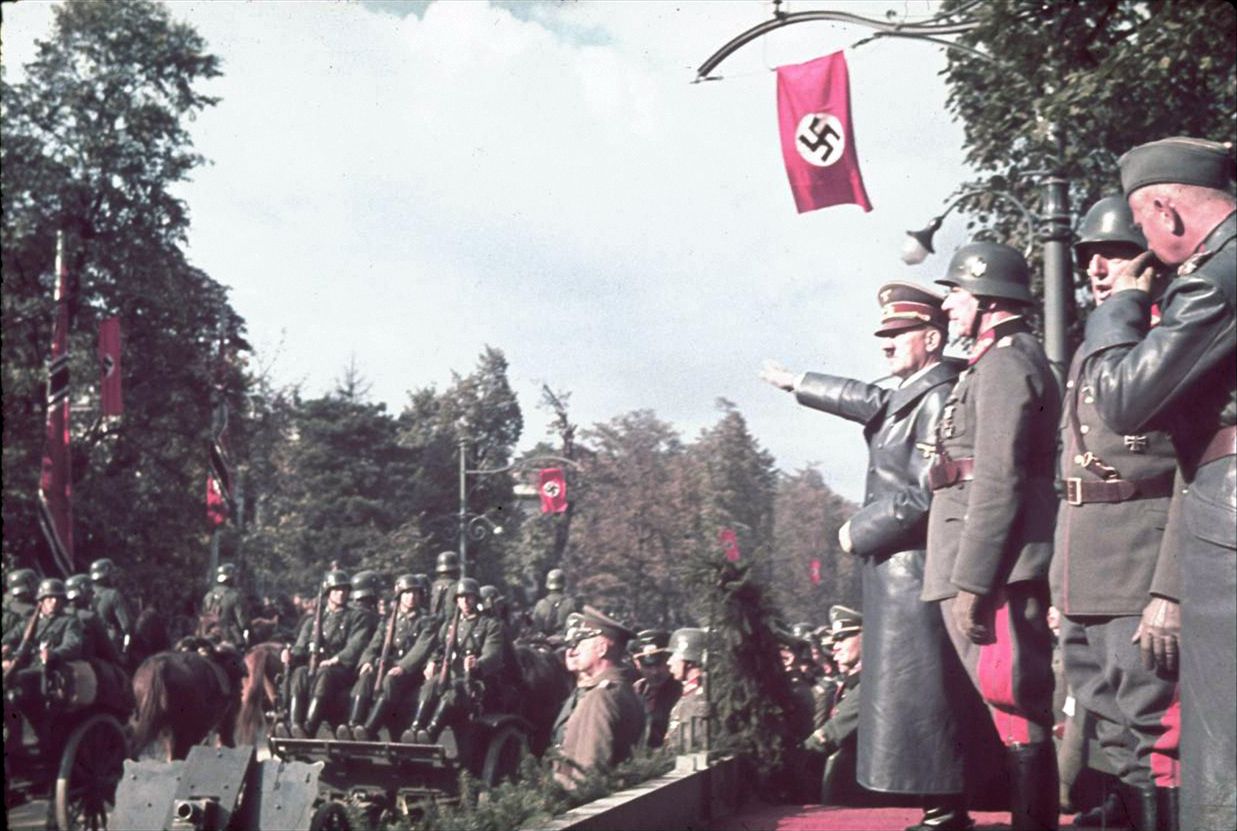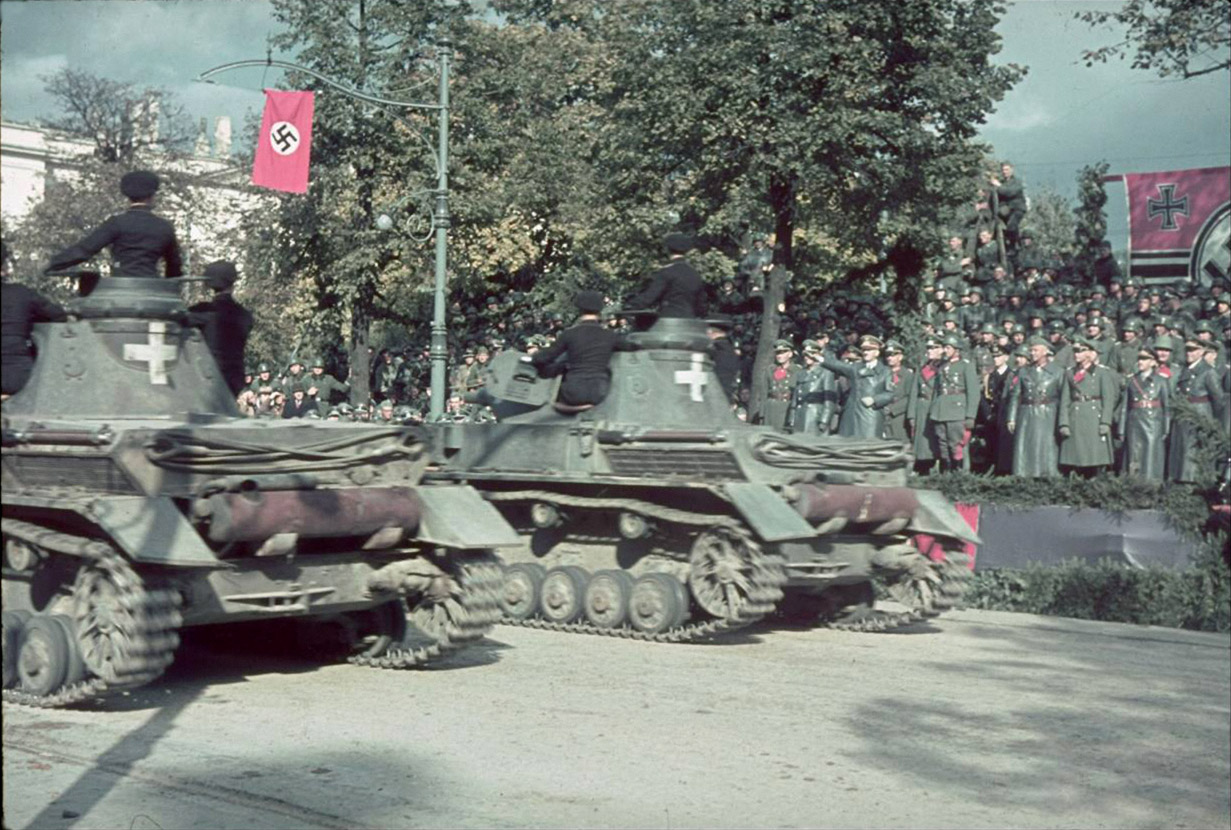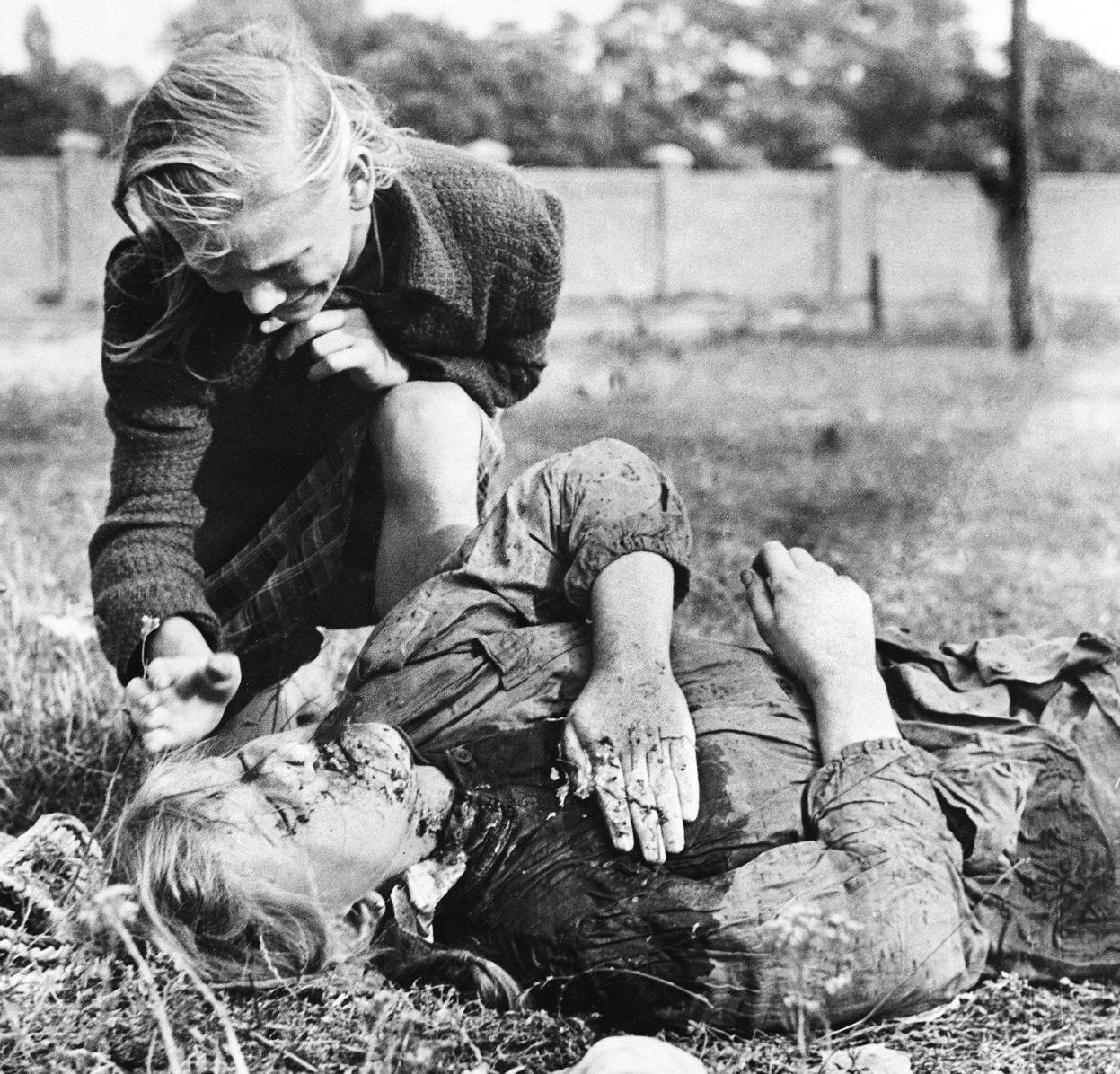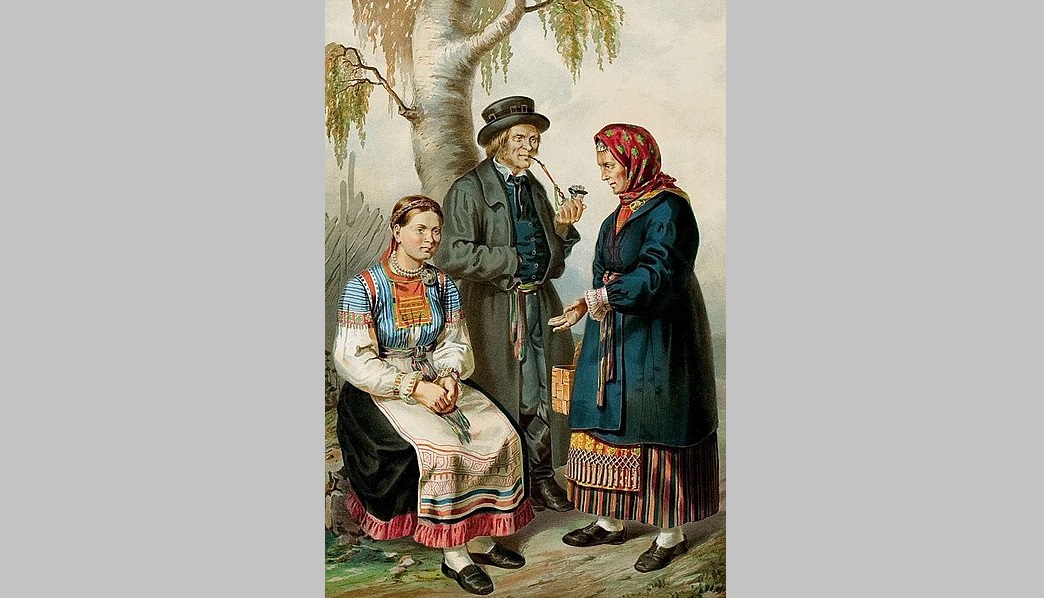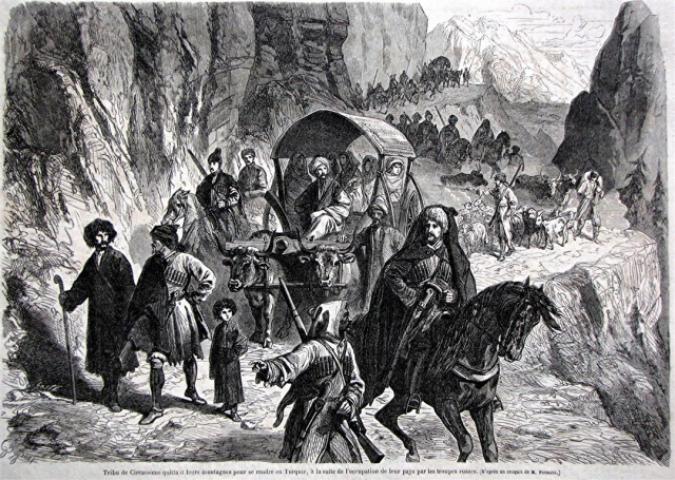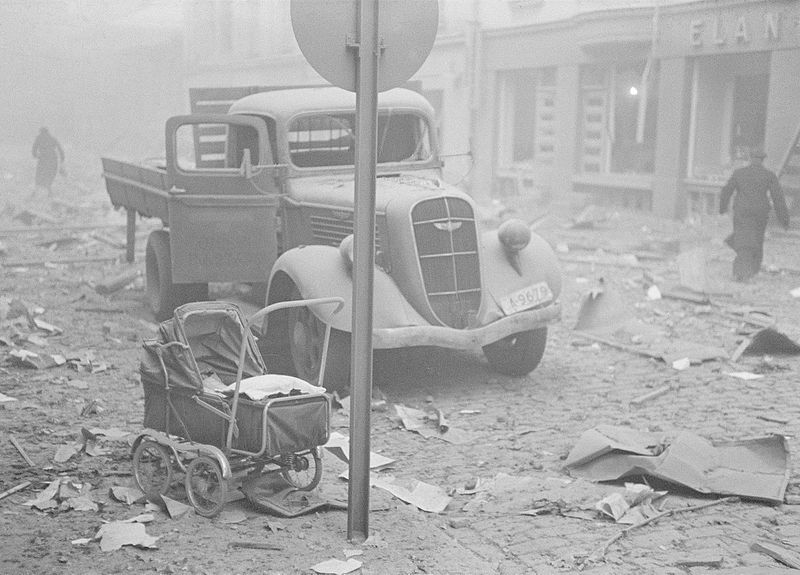
The Putin regime not only has completely restored the Stalinist conception of World War II but is promoting it in the media and the schools in ways that will make it ever more difficult for Russians to break out of that ideological straightjacket, according to Irina Pavlova.
The US-based Russian historian points to a recent article in Komsomolskaya Pravda as evidence. Entitled “The Americans Prepared Hitler for War with the USSR but Stalin Outplayed Them,” it was written by Yevgeny Spitsyn, an expert consultant to the Duma’s security committee and the author of history textbooks for Russian schools.
According to Pavlova, Spitsyn’s article is “a symbol of present-day Russian historiography of World War II and a symbol of the return to the Stalinist interpretation” in the most extreme way. In it, the writer repeats “all the myths about Stalin as the main peacemaker and supporter of collective security in the 1930s.”
He treats the Molotov-Ribbentrop Pact as “a victory of Stalinist diplomacy.” He repeats the Stalinist claim about “the liberating advance of the Red Army into Poland on September 17, 1939.” And like Stalinist historians earlier, he overstates the size of the German armies which attacked Russia and understates the number of Soviet soldiers who were taken prisoner.
And Spitsyn does all this in best or really worst Stalinist style. He dismisses the work of historians in the 1990s who sought to treat these issues more honestly as “garbage,” for example; and the textbook author calls suggestions that Stalin played a role in opening the way to war slanderous.
Indeed, Pavlova says, his approach is “symbolic” of a larger problem: Russians are celebrating a victory in the war without being allowed to understand how and why it began, something that violates all moral principles and “betrays the memory of the millions who died in this war.”
Nearly a decade ago, Pavlova continues, she wrote an essay in Grani in which she suggested that the more the Putin regime tried to conceal the truth about World War II and Stalin’s role in it, “the more people will be drawn to the truth” and insist on historical accuracy about their country’s past.
Today, she says, she is “much less optimistic” about that than she was nine years ago.
Related:
- Search WW2 Even oppressed non-Russians made important contributions to war effort in WW2
- Moscow analyst: Britain’s support for Poland, not Molotov-Ribbentrop, caused WW2, and its backing of Ukraine could trigger WW3
- Munich and the Molotov-Ribbentrop pact revisited, Part 1: The interwar prelude
- Stalin’s expansionist designs blocked signing of 2nd Molotov-Ribbentrop treaty
- 77 years ago, Nazi and Soviet forces celebrated their joint defeat of Poland
- Archives show Stalin was ready to give Hitler Ukraine and the Baltics
- Top-6 Soviet World War II myths used by Russia today
- Control over the past: Russia’s archival policy and Second World War myths
- Putin leading Russia ever more rapidly to fascism and the world to war, Israeli analyst says
- Seven reasons why Putin’s war in Ukraine is a turning point in Russian and world history
- Soviet myths about World War II and their role in contemporary Russian propaganda





